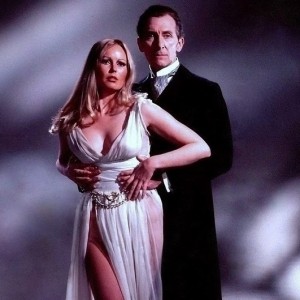
Welcome to Day Seven of the
Peter Cushing Centennial Blogathon. We’re in the home stretch on our journey through the six Frankenstein films starring Peter Cushing and produced by Hammer Films, and today, we’ll focus on the final two.
Here, we’ll discuss the penultimate chapter, Frankenstein Must Be Destroyed (1969). Not written by a Hammer regular, the screenplay instead came from assistant director Bert Batt and is the only one he ever wrote. Batt previously worked with Cushing on Violent Playground (1958) and would continue as an assistant director on a number of Hammer and Amicus films. Terence Fisher returns to direct, but, sadly, his career is nearing its end.
Frankenstein Must Be Destroyed (1969)
As has become common in this series, the film opens with a decapitation. In this instance, Dr. Heidecke is beheaded on his own doorstep by a sickle-wielding murderer. There isn’t much in the way of flinching here, making this one of the grislier murders seen in a Hammer Film to this point, and serves as a harbinger for things to come. Laxer guidelines at the British Board of Film Censors gave filmmakers a little more leeway, and Hammer certainly wasn’t going to look that proverbial gift horse in the mouth.
With the severed head in a hatbox, the murderer returns to his own home to find a burglar on his doorstep. The burglar hightails it inside and goes from frying pan into fire as he stumbles upon a mad scientist’s laboratory, complete with a frozen cadaver. The would-be robber gets away to warn the authorities, prompting our killer to do a little quick clean up to dispose of evidence. When the killer removes a baggy Michael Myers-style mask, it is revealed to be none other than Baron Victor Frankenstein.
When the police raid the Baron’s house, he is already gone. They are led by Inspector Frisch, played by Thorley Walters, here opposing Cushing’s Baron rather than assisting him as in Frankenstein Created Woman (1967). Walters is perhaps best known for playing Dr. Watson on four separate occasions, including alongside both Christopher Lee and Christopher Plummer in the Sherlock Holmes role, but never with Cushing.
Under the name of Mr. Fenner, Victor has found lodgings in the boarding house of Anna Spengler (Veronica Carlson). She is working a scheme with her fiancé, Dr. Karl Horst (Simon Ward), who works at the local asylum and who is stealing drugs for the two of them to sell on the black market to make ends meet. Victor blackmails his way right into the midst of their enterprise and enlists their unwilling aid in a scheme of his own.
One of the patients at the asylum is a former colleague of Frankenstein’s. Dr. Frederick Brandt was a pioneer in removing and preserving brains, a subject near and dear to Victor’s heart as he’s been busy collecting the brains of the brilliant, such as poor old Dr. Heidecke from our opening scene. Unfortunately, Brandt’s groundbreaking work ran afoul of the same kind of stigma and opposition as Frankenstein’s. He didn’t handle it nearly as well, however, and is now incurably insane, his secrets locked inside a broken mind.
Victor intends to break that lock by operating on his pen-pal’s brain and fixing the issue. He needs young Horst to sneak him into the asylum and help him acquire some necessary equipment. Before that can get too far, Karl stabs a night watchman and now he’s neck deep in trouble with Victor since murderers face stiffer penalties than drug dealers in the judicial system. The guillotine, perhaps?
A controversial scene where Frankenstein rapes Anna seems uncharacteristically sadistic for the Baron, but this tendency was probably foreshadowed as early as the first film when coercion and lies were enough to get the job done. It appears we are truly seeing Victor at his worst as his life continues to spiral out of control.
Still, the scene is unflinchingly savage and clearly uncomfortable for both Cushing and Carlson. Director Terence Fisher was also displeased with its inclusion, but executive James Carreras was insistent, hoping to appease American distributors who wanted more exploitive fare by 1969, I suppose. As a last minute addition not originally included in Bert Batt’s script, it goes unmentioned for the rest of the film.
In any event, the bedlam-break is a Pyrrhic victory as Brandt suffers a heart attack in the process. Frankenstein’s solution is pragmatic. He intends to kidnap Brandt’s therapist, the healthy Professor Richter (Freddie Jones), and do the ol’ switcheroo. The transplant is a success, but Brandt’s wife recognizes her husband’s old colleague on the street and follows him to his new base of operations.
Victor is able to convince her that the man with his face wrapped in bandages is her husband, cured but much in need of rest. The moment she’s out the door, Victor and his accomplices flee the scene. When Brandt awakens in Richter’s body, he sets out to find his wife, but not before getting stabbed by a fearful Anna on his way out. She gets stabbed by Victor in turn for her failure.
Brandt, a brilliant physician, is able to take care of the wound. When he reaches his wife, she does not recognize him, of course. With Inspector Frisch and the police closing in, Victor has a showdown with his former friend that results in a raging inferno and a terrible choice.
There is, predictably, some debate over the placement of Frankenstein Must Be Destroyed in the timeline. The biggest point of contention seems to be the Baron’s hands, which were burned in Evil and subsequently gloved in Frankenstein Created Woman, but seem pristine here. Frankly, I’m surprised he doesn’t have new hands in each installment, like some kind of morbid action figure. Whey bother with manicures when soft new hands are just a few stitches away?
Veronica Carlson stands out as the tragic Anna, whose world is bleak when we first meet her and the result of her poor decisions see her plummeting down the rabbit hole into oblivion. Carlson had previously worked for Hammer as a pawn in Count Dracula’s vengeance in Dracula Has Risen from the Grave (1968). She’d rejoin Thorley Walters in a pair of uncredited roles (Thorley as Watson) in the bawdy comedy The Best House in London (1969) and with Cushing in The Ghoul (1975) for Hammer clone Tyburn Film Productions.
Sadly, the next Hammer Frankenstein film would be without Cushing in the role. Written and directed by Jimmy Sangster, The Horror of Frankenstein (1970) serves as a reboot with the 30-year-old Ralph Bates as the Baron. David Prowse plays the monster and Veronica Carlson returns to the series as a particularly brain dead Elizabeth.
Thankfully, Cushing would return to the role one last time in Frankenstein and the Monster from Hell (1974) with Prowse getting a second chance to play the monster. We’ll take a look at that later tonight when we bring our little retrospective to a close. Join us, won’t you?
“Had man not been given to invention and experiment, then tonight, sir, you would have eaten your dinner in a cave.
You would have strewn the bones about the floor and then wiped your fingers on a coat of animal skin.
In fact, your lapels do look somewhat greasy. Good night.”
– Baron Victor Frankenstein


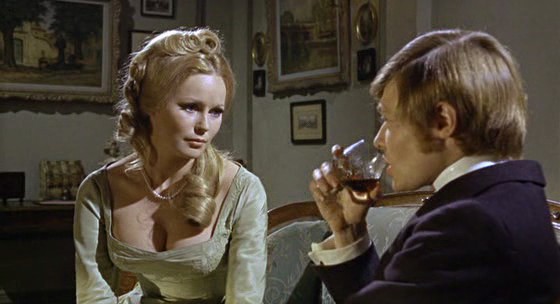
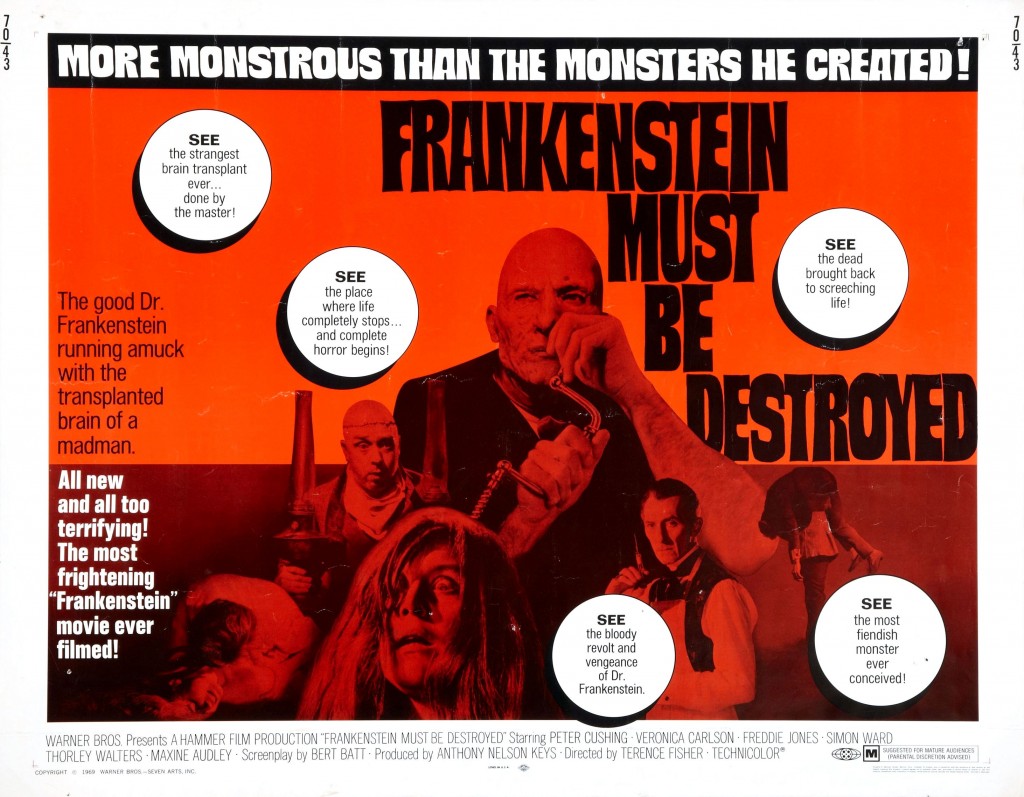
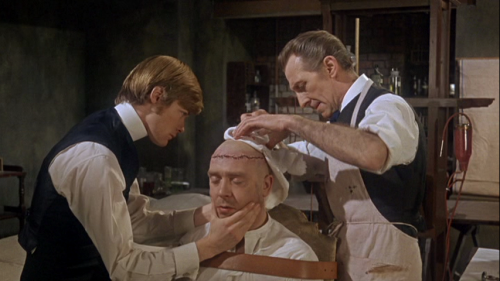
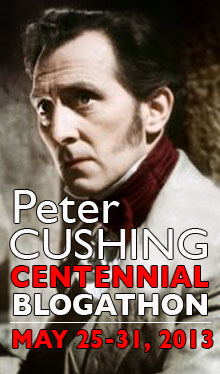
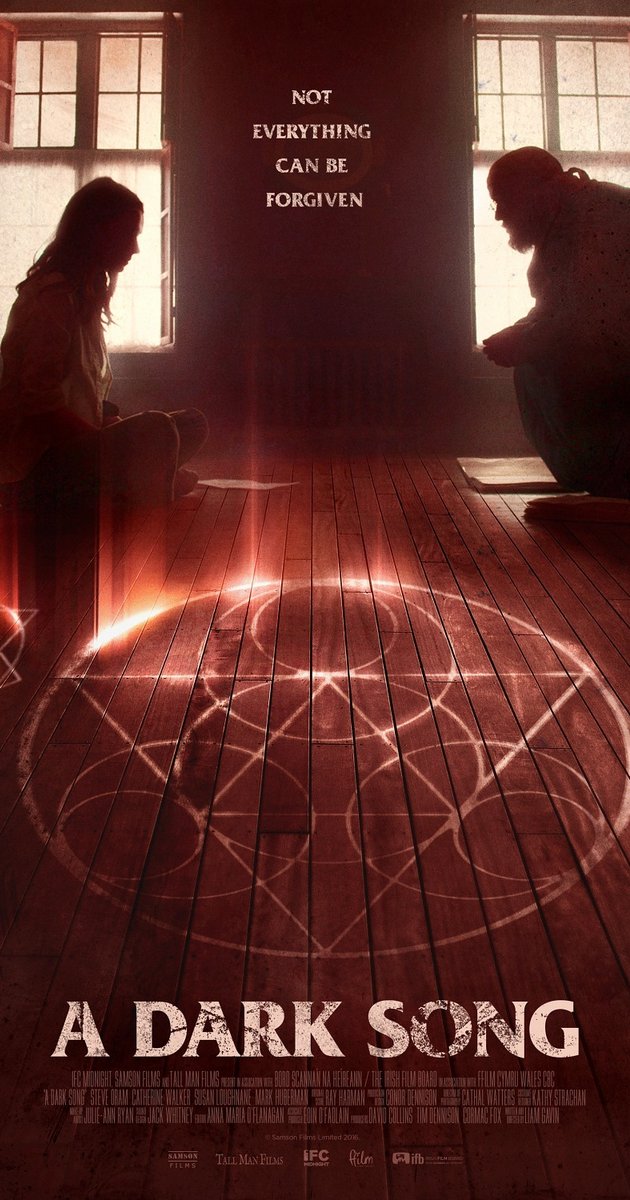
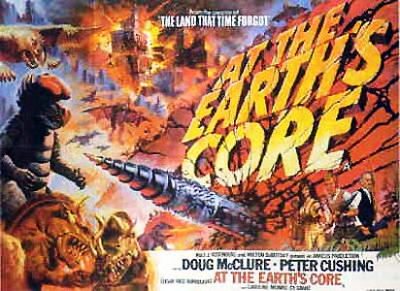
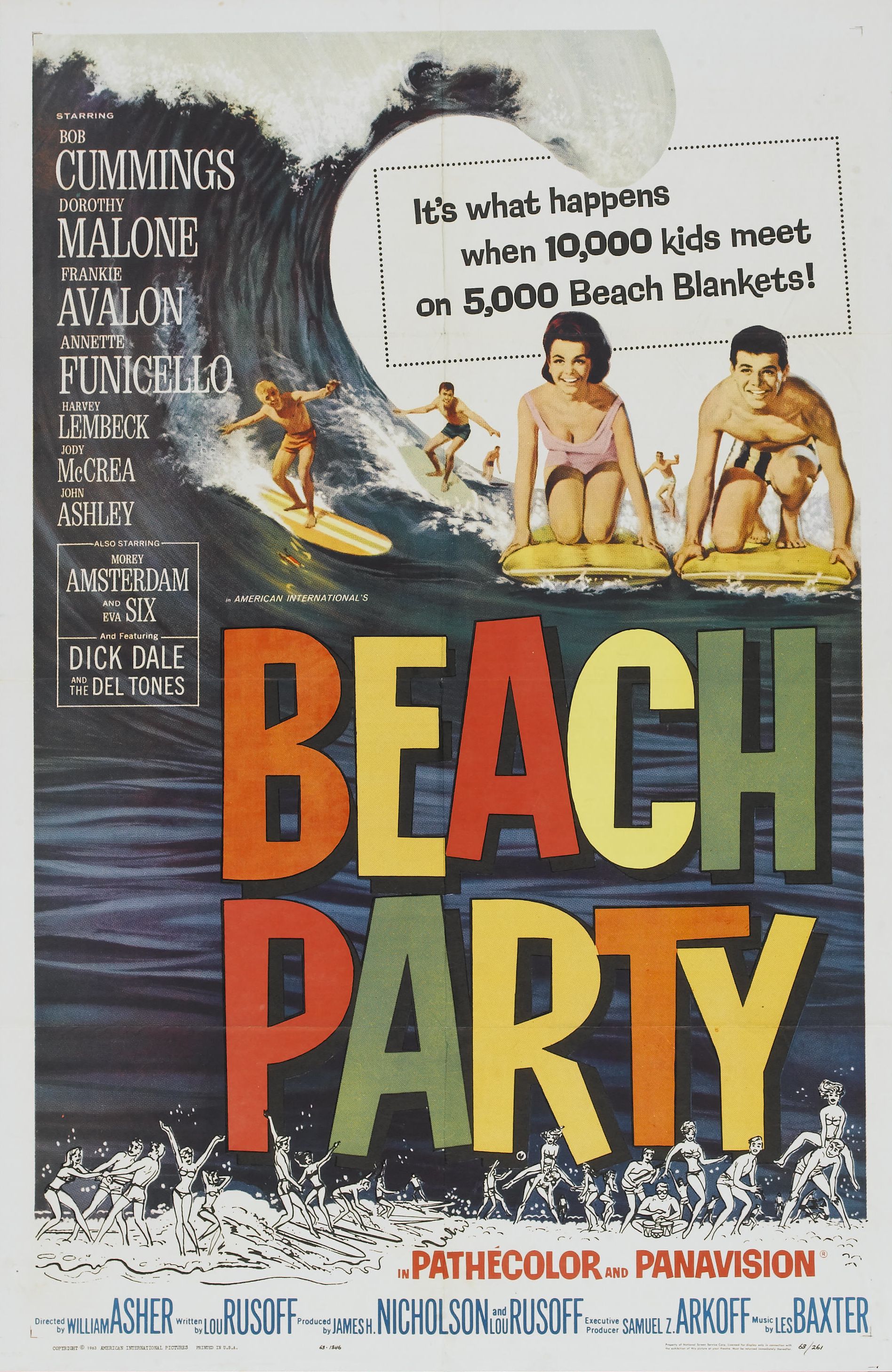
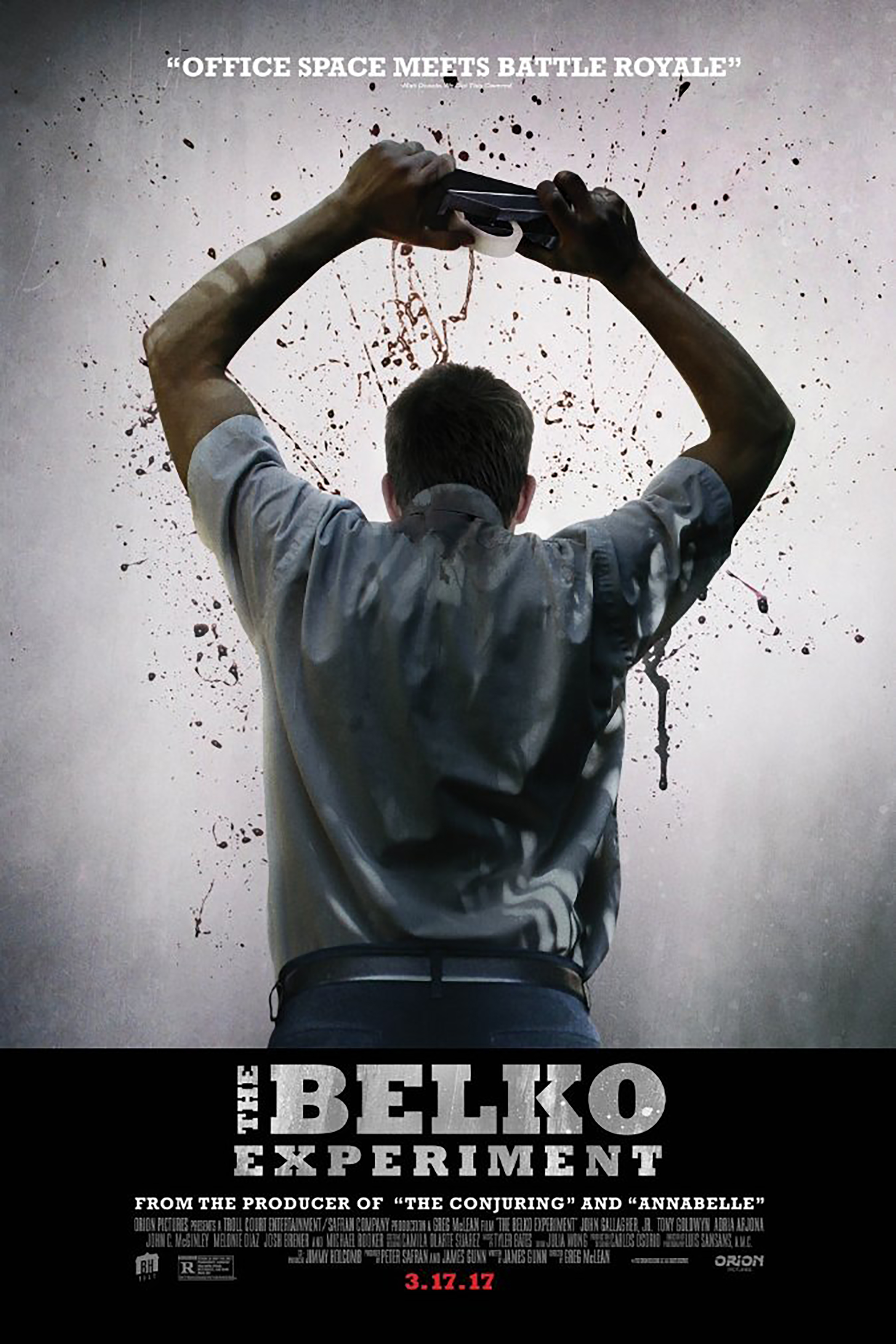
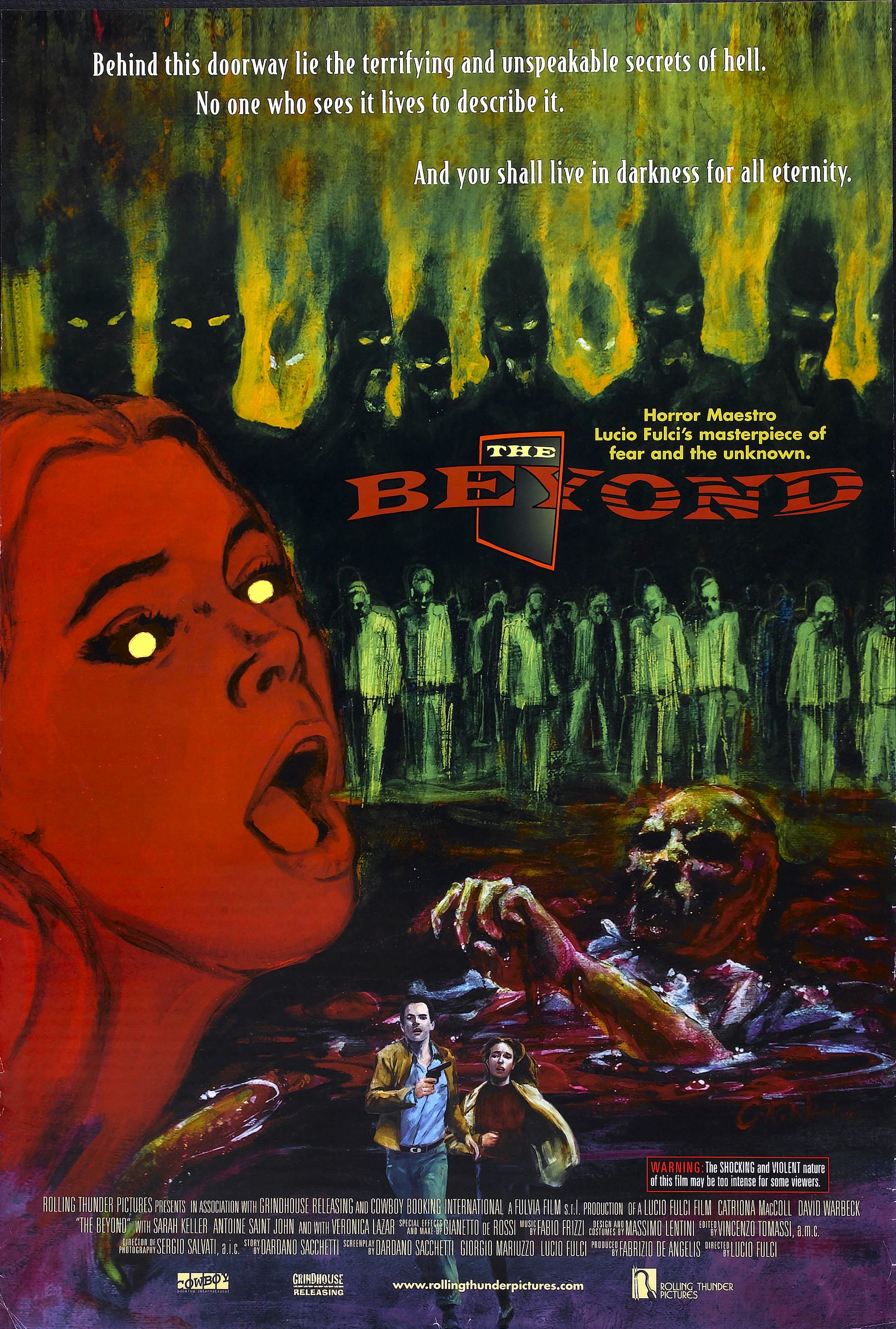
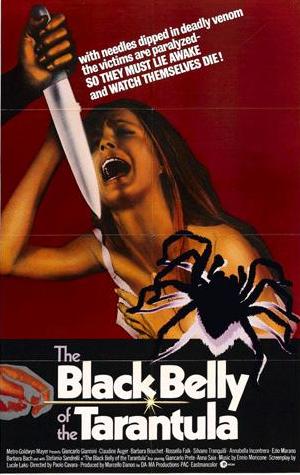
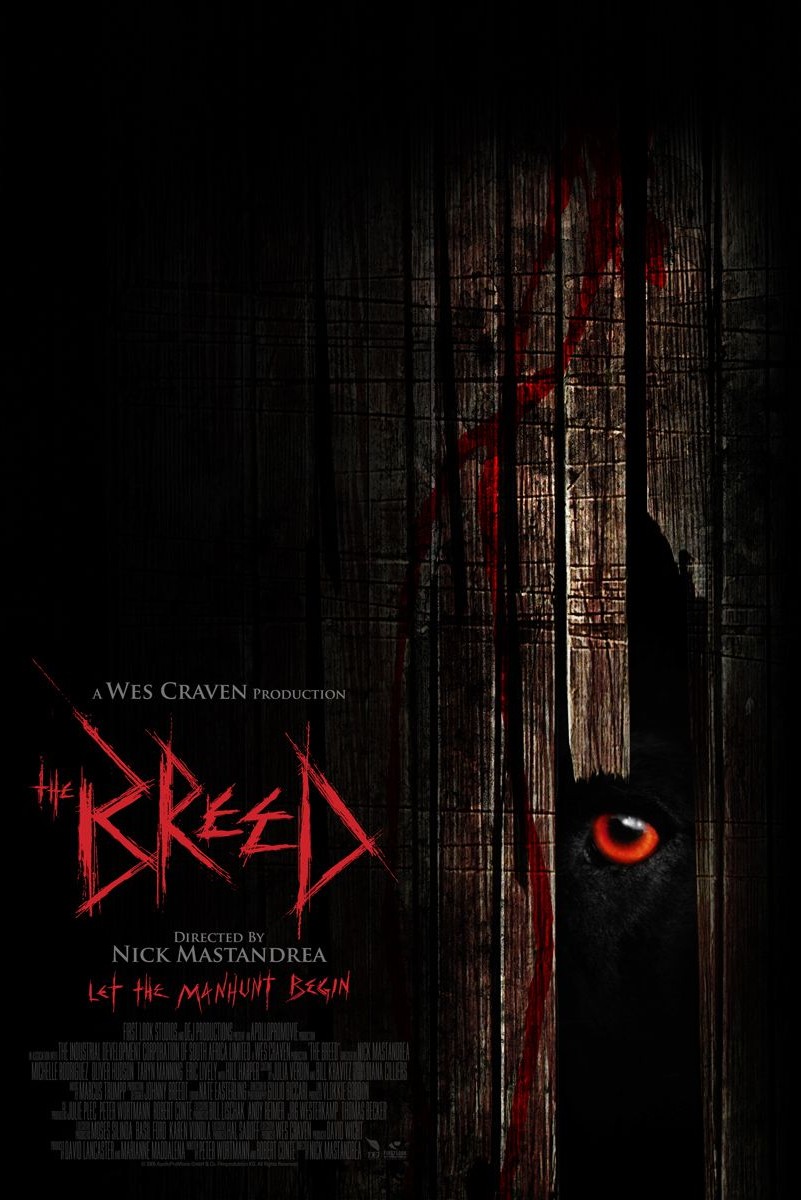
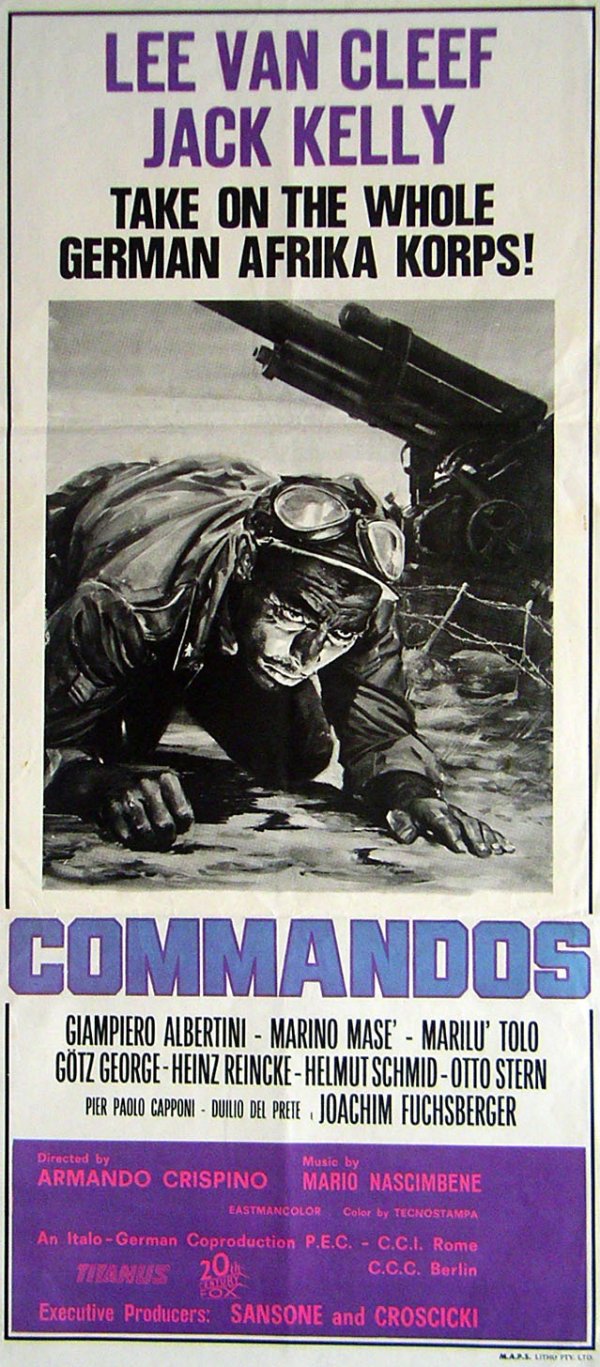
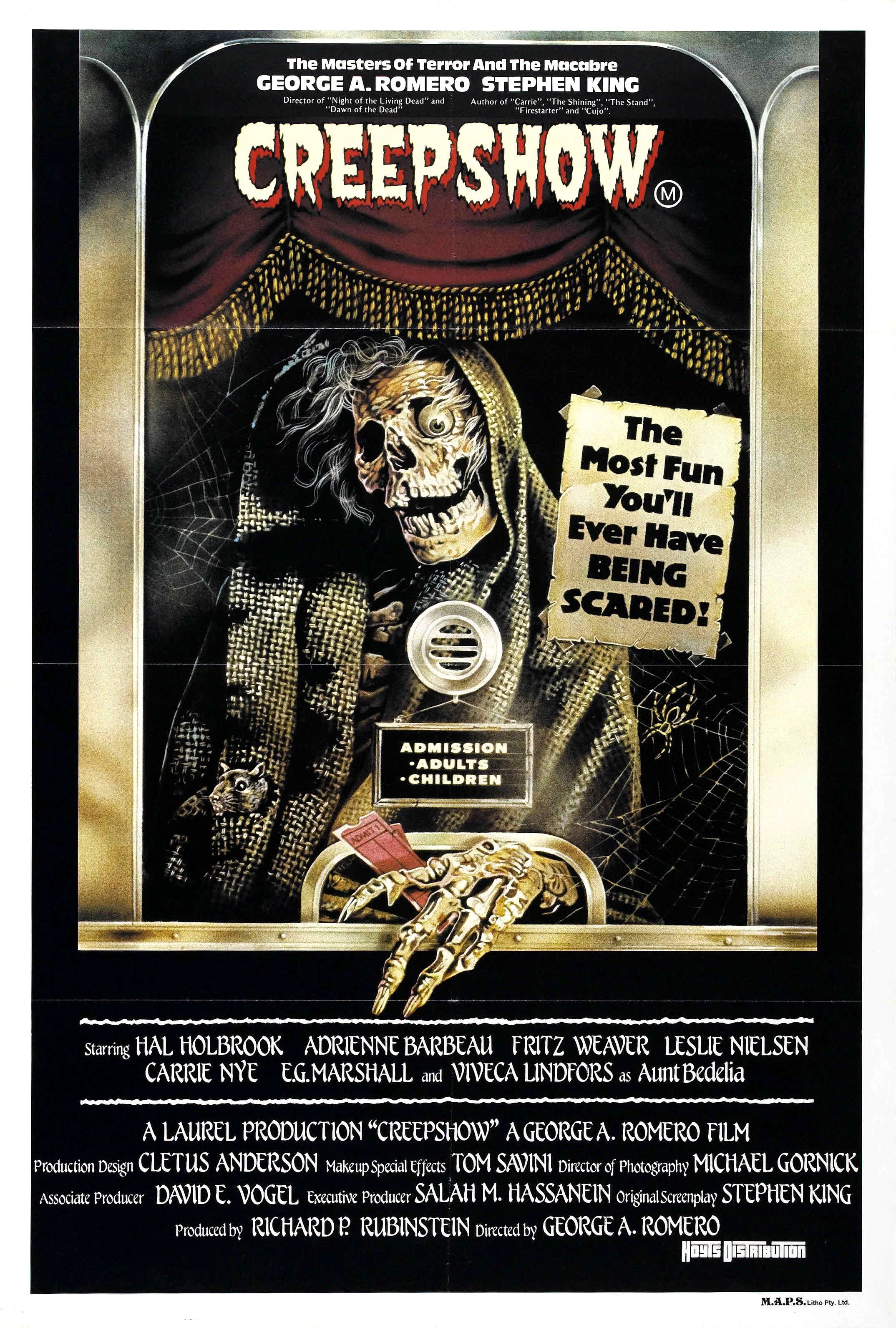
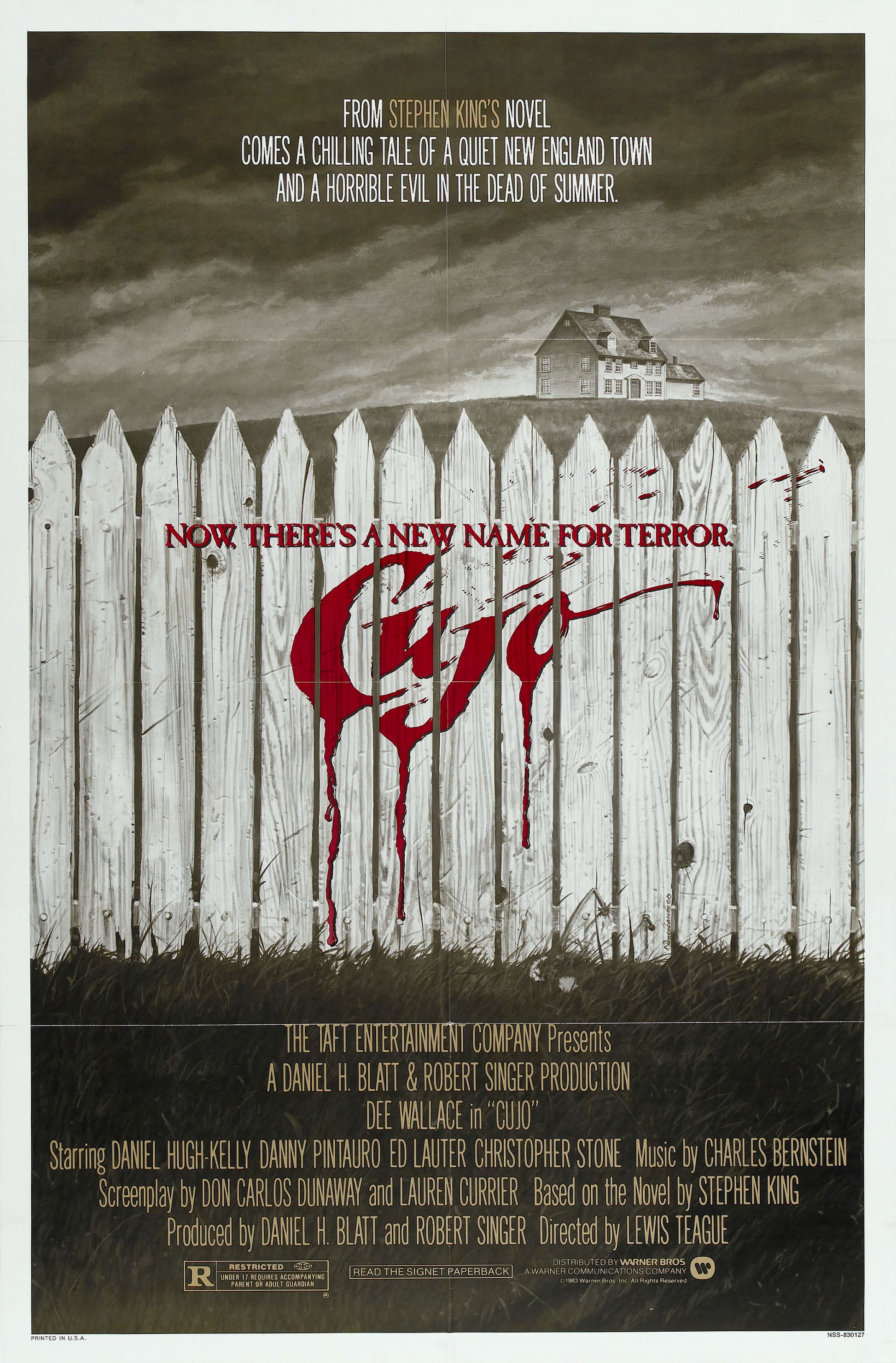
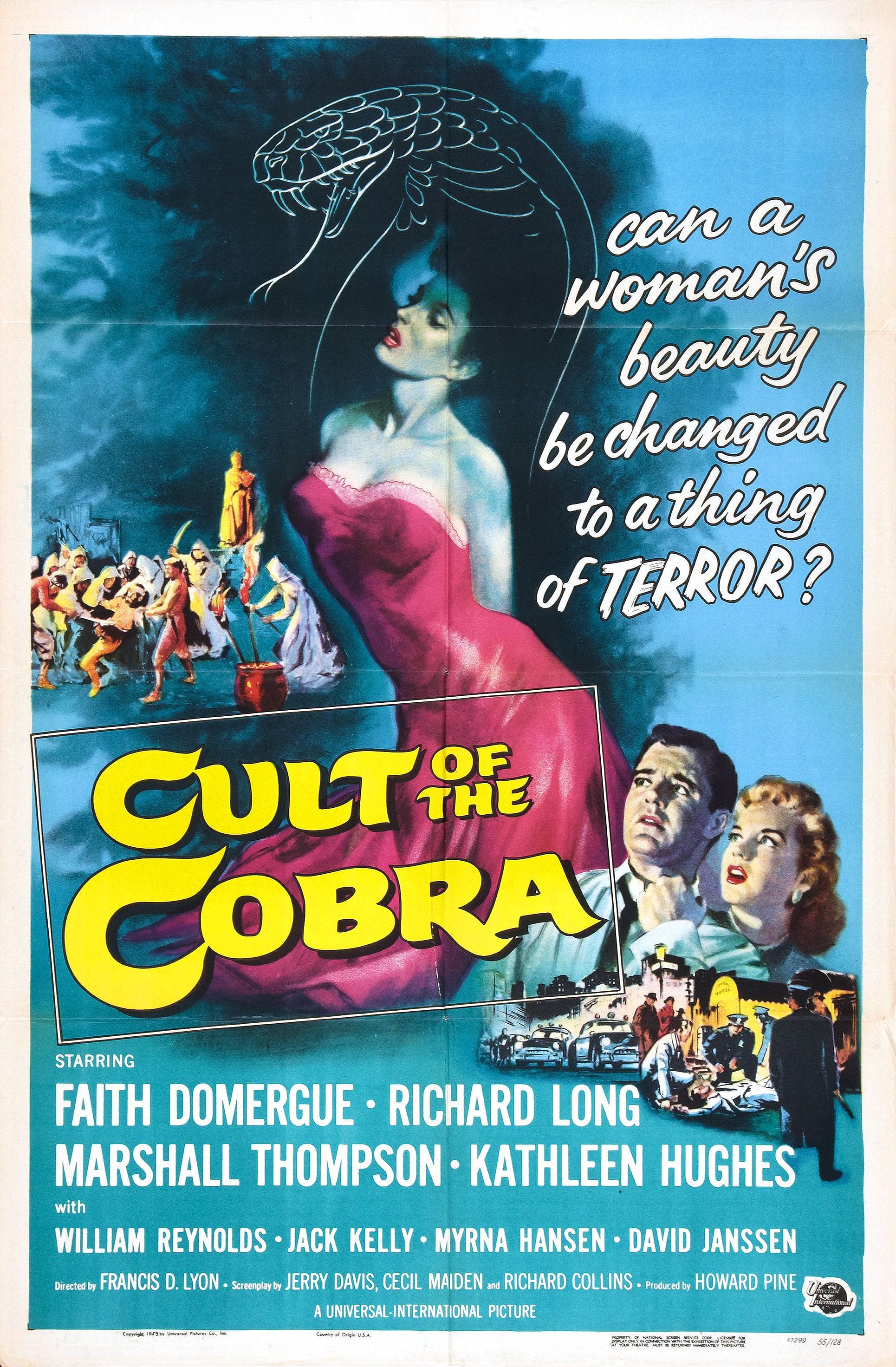
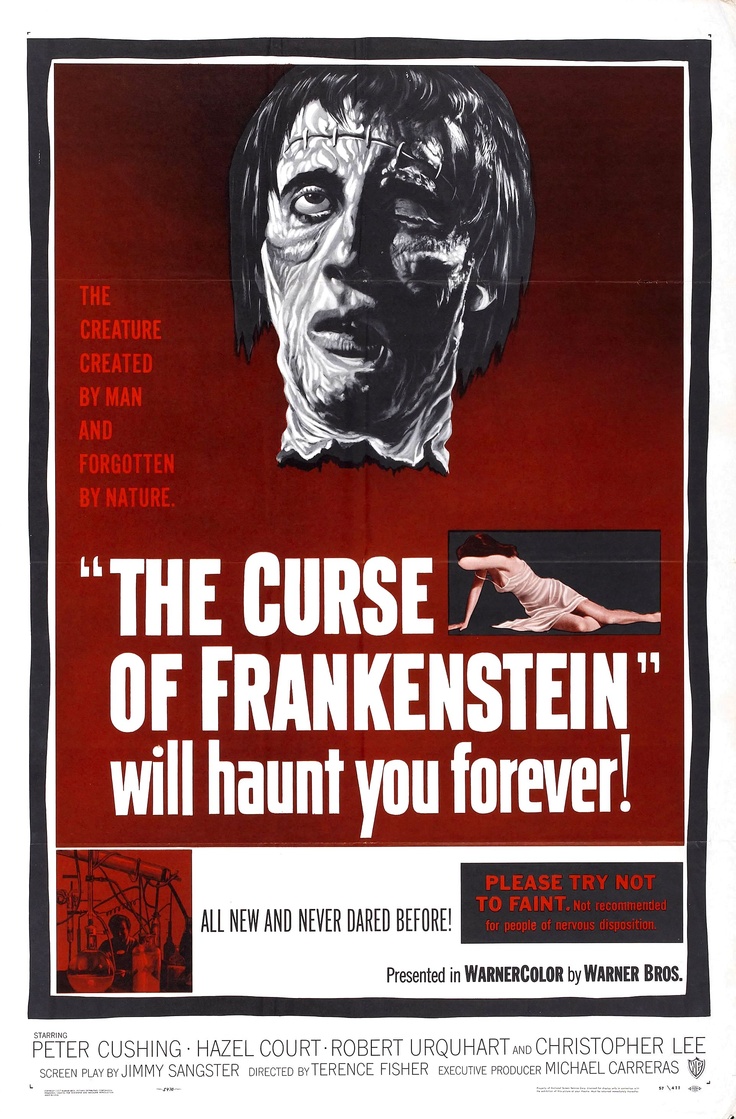
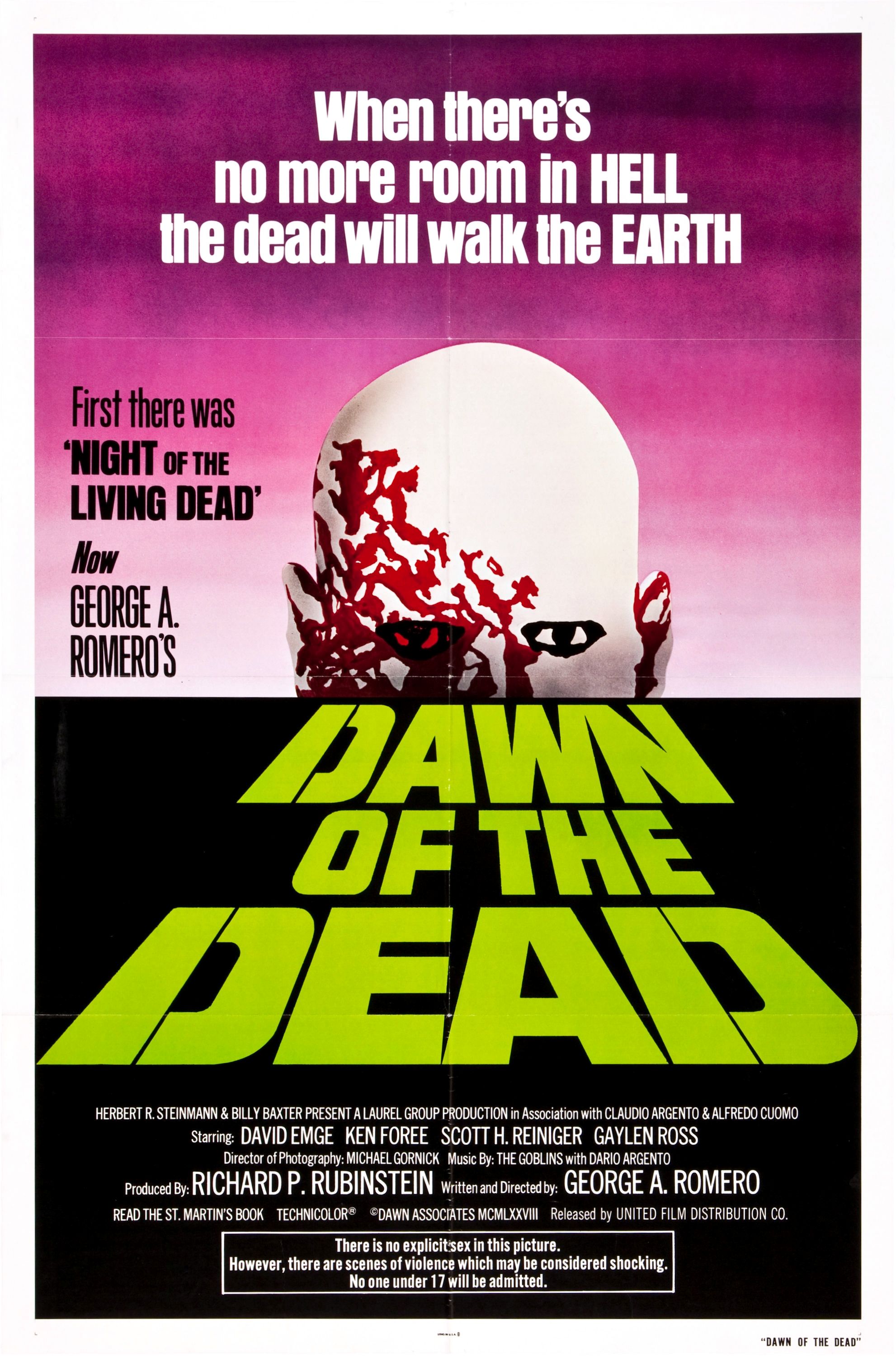
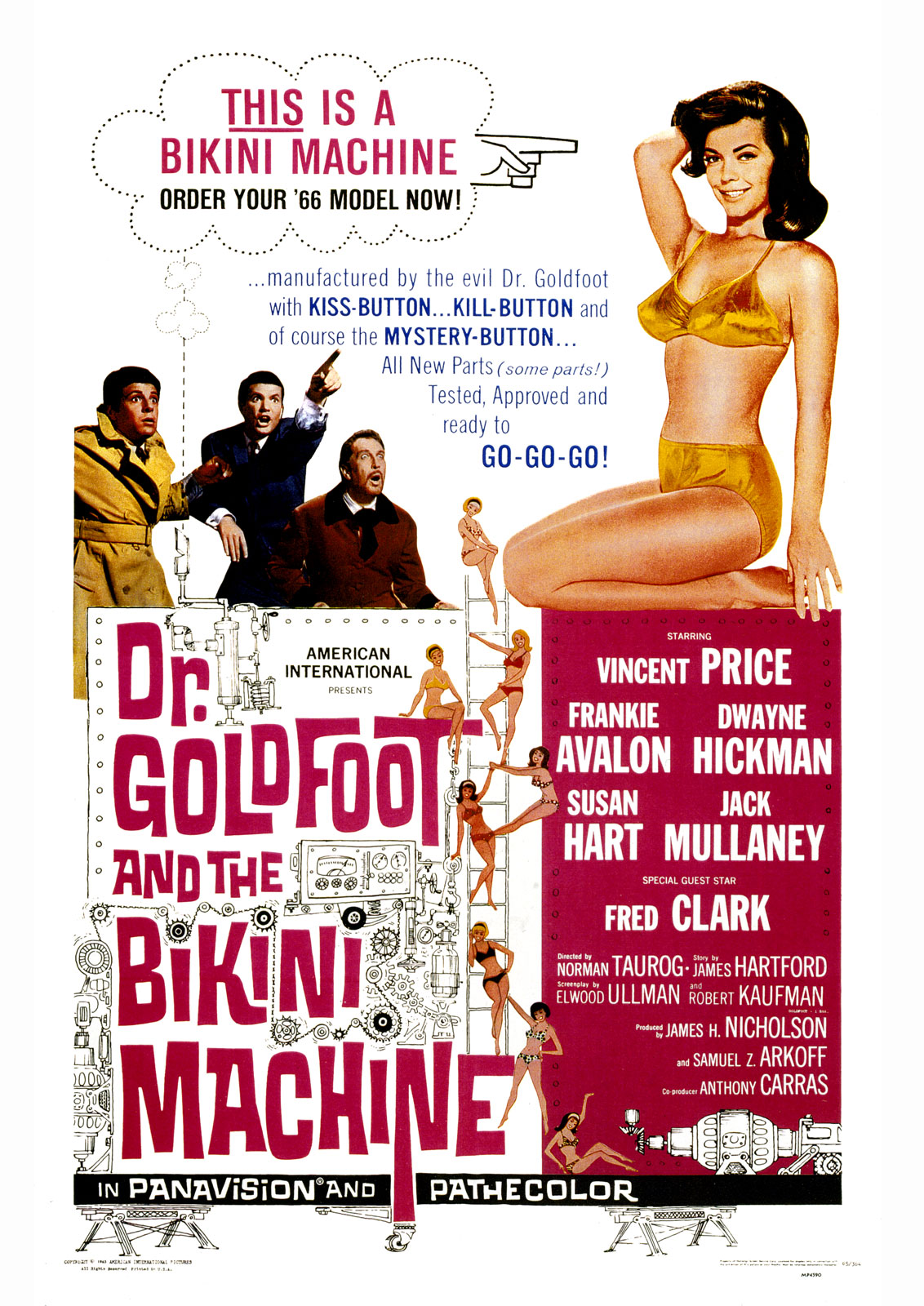

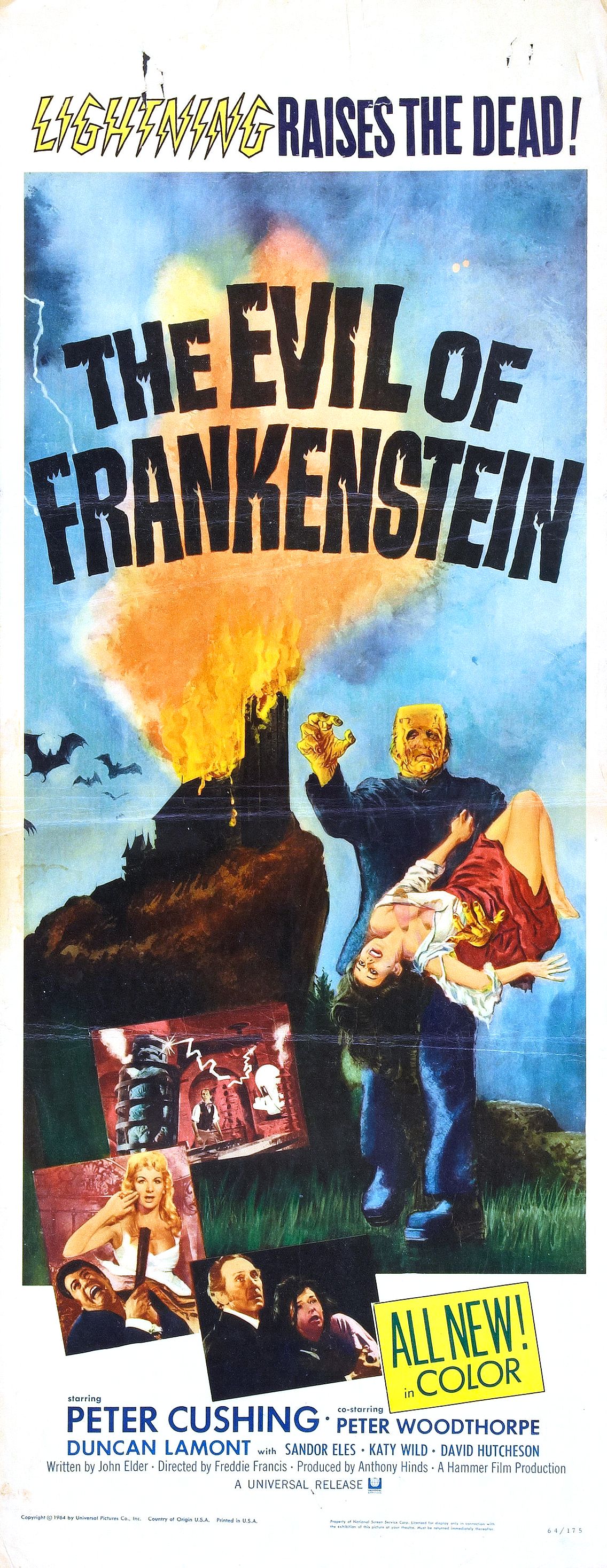
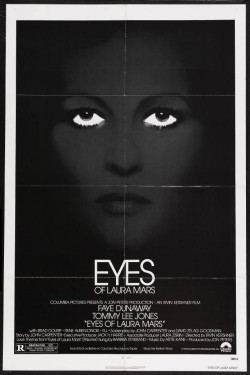
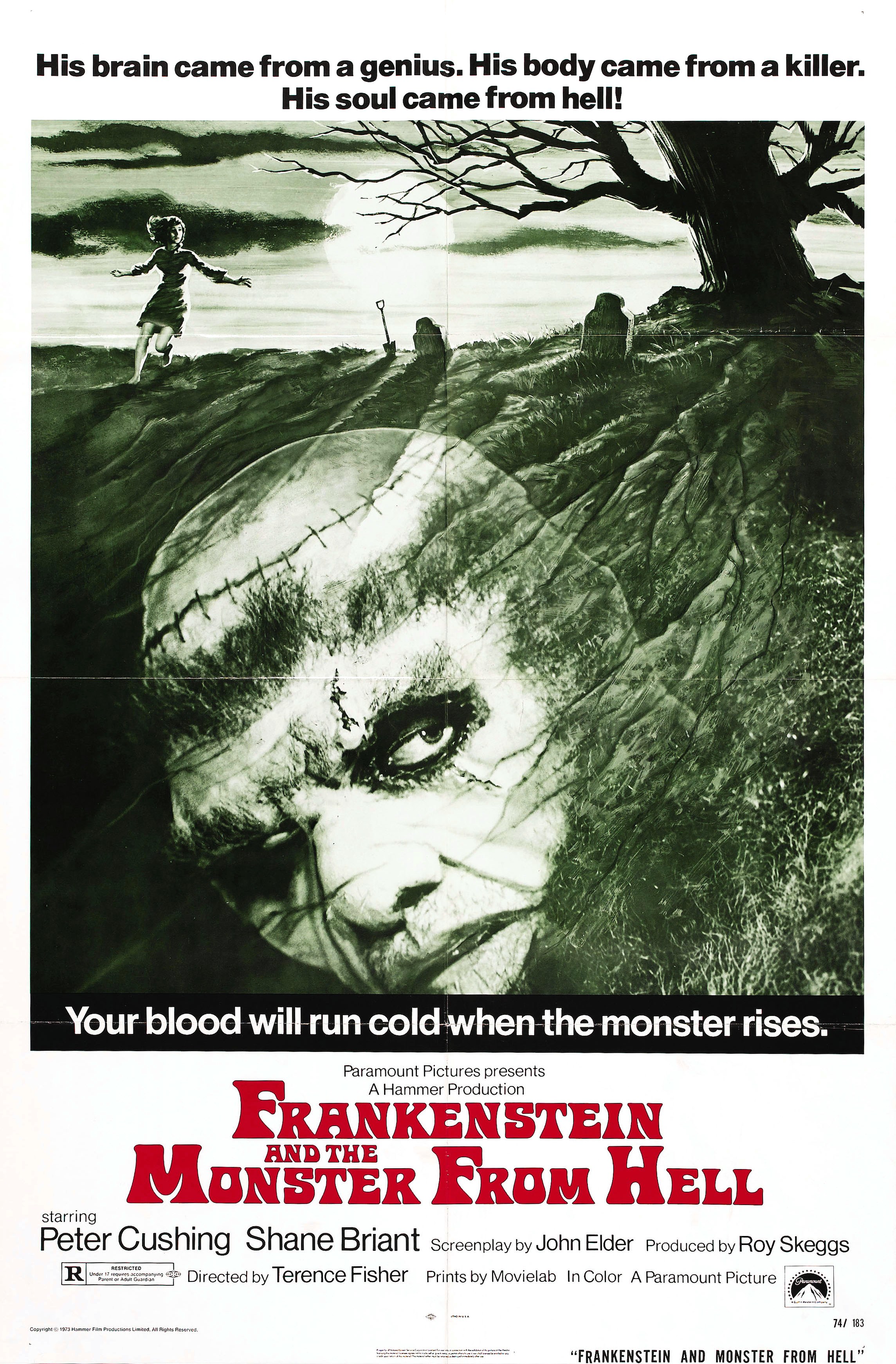
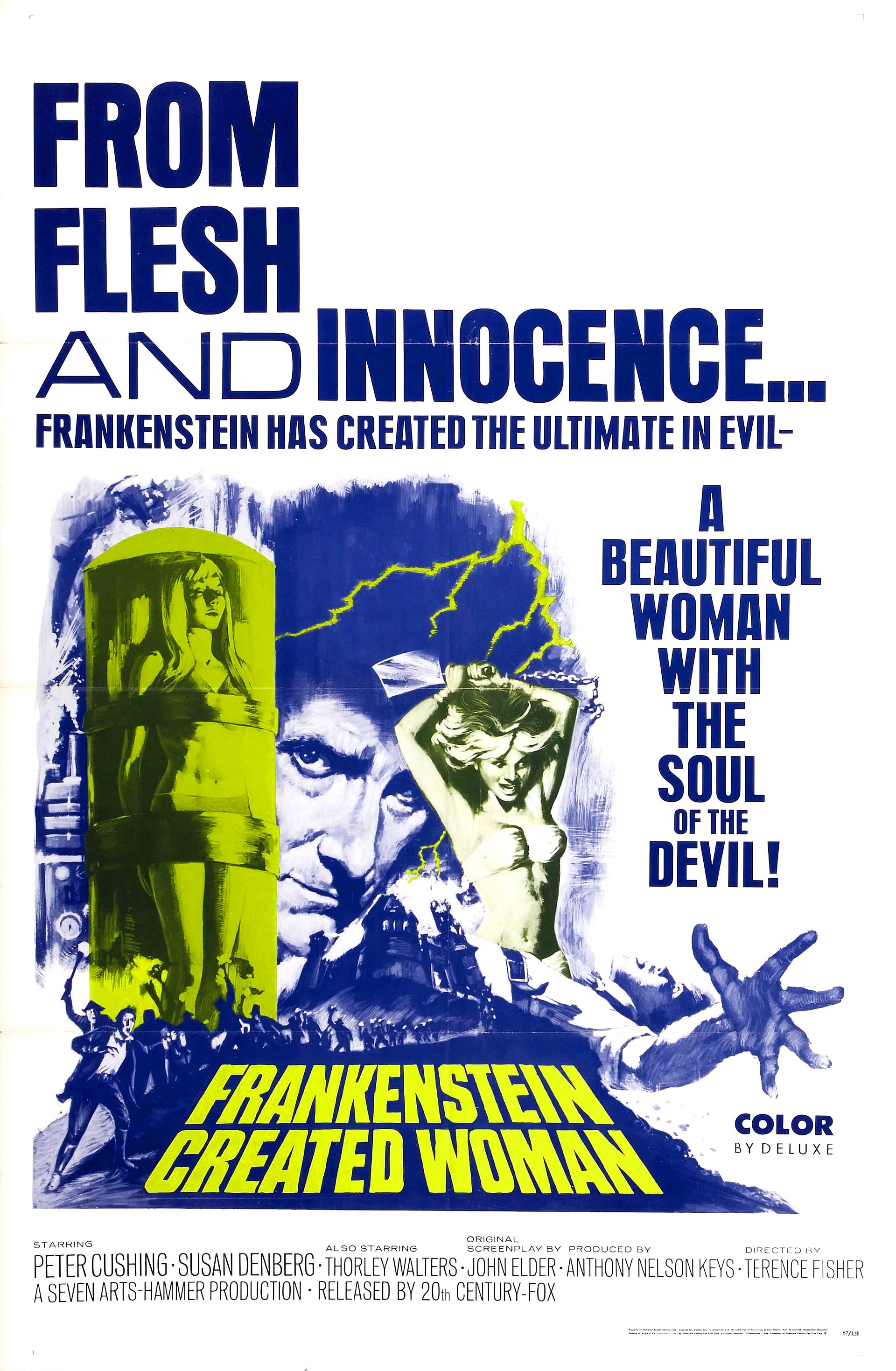
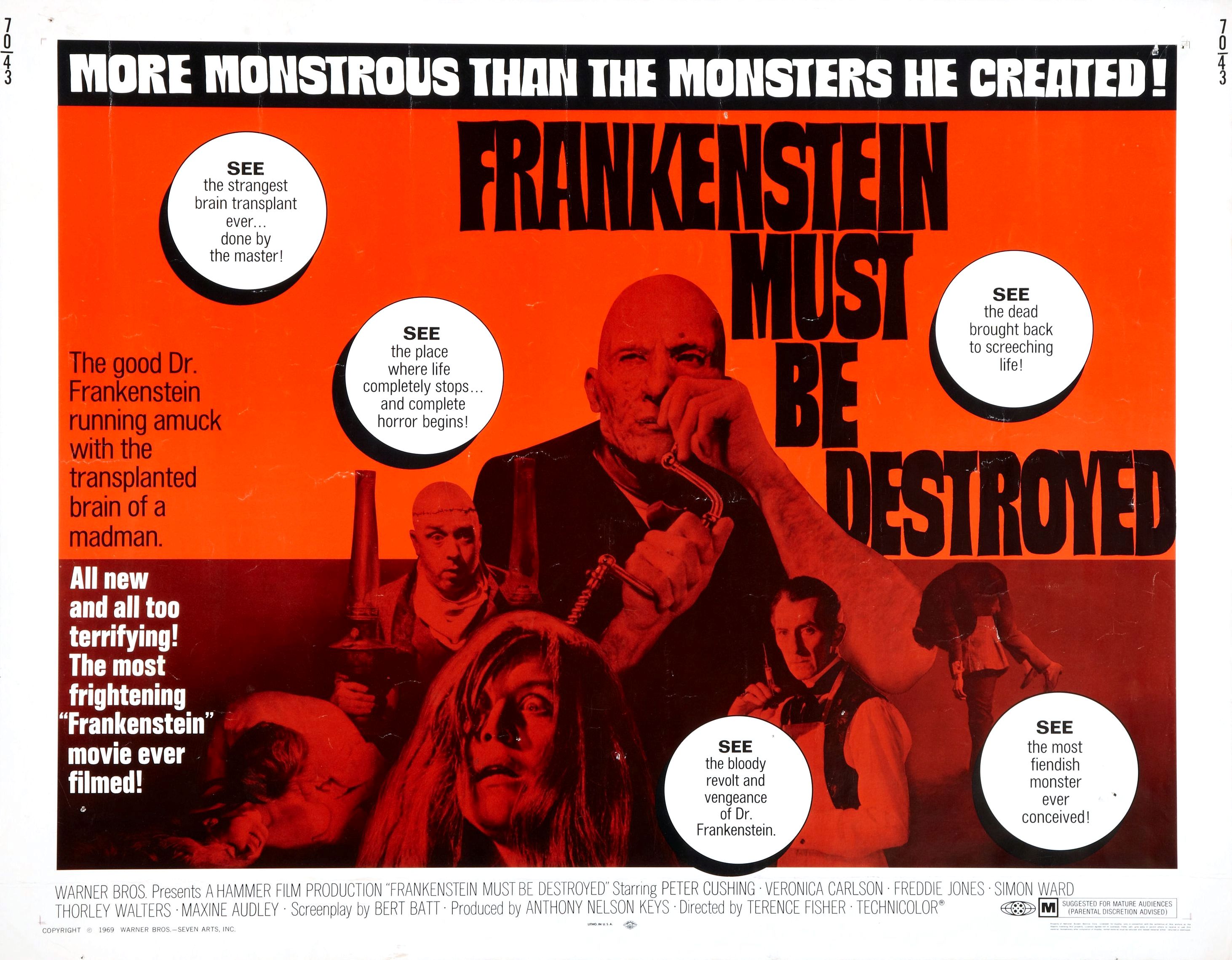
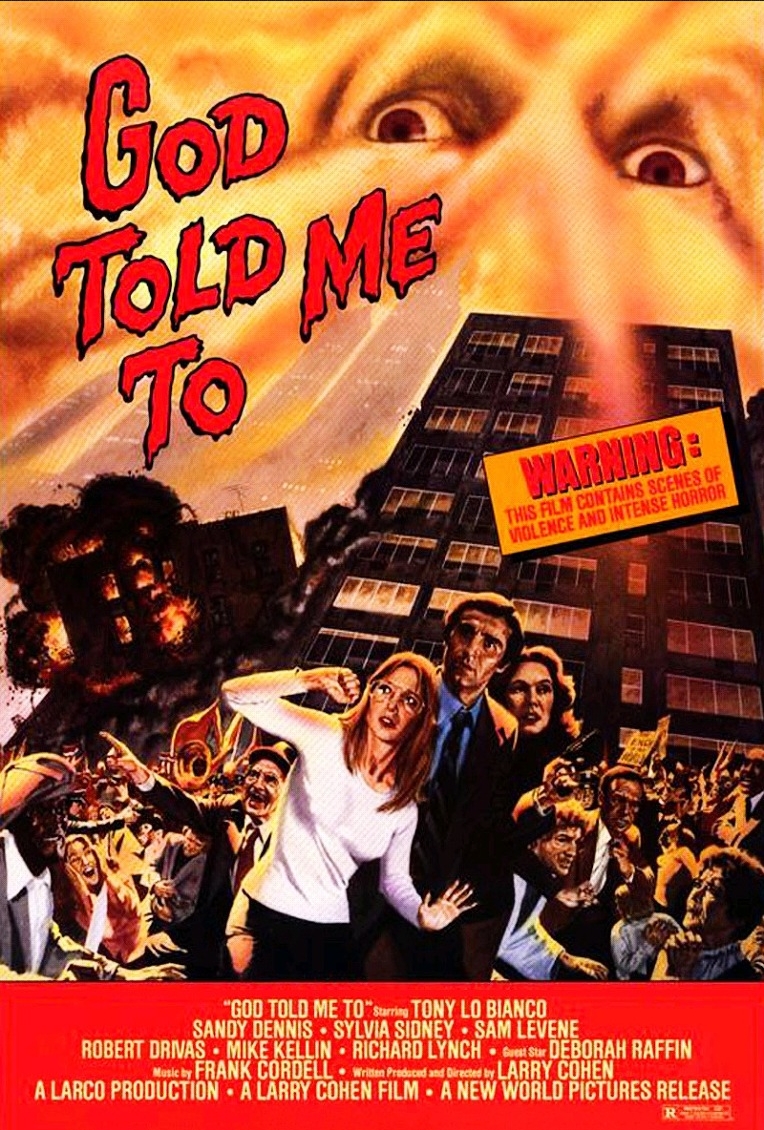

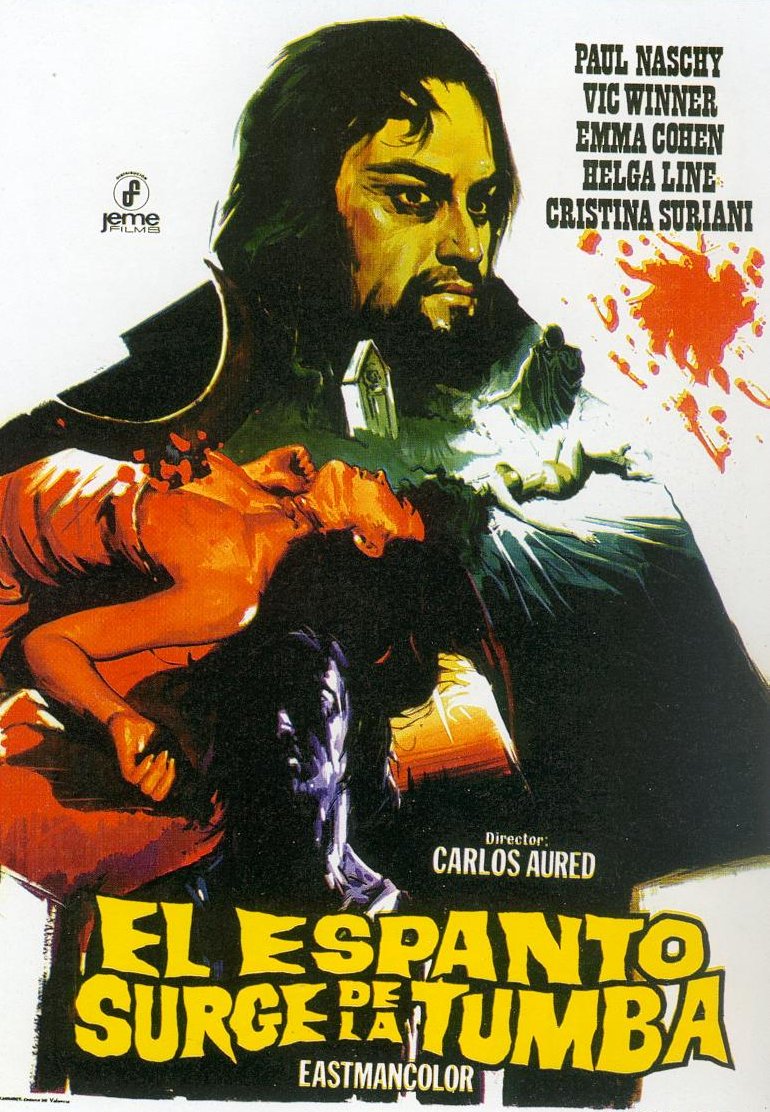
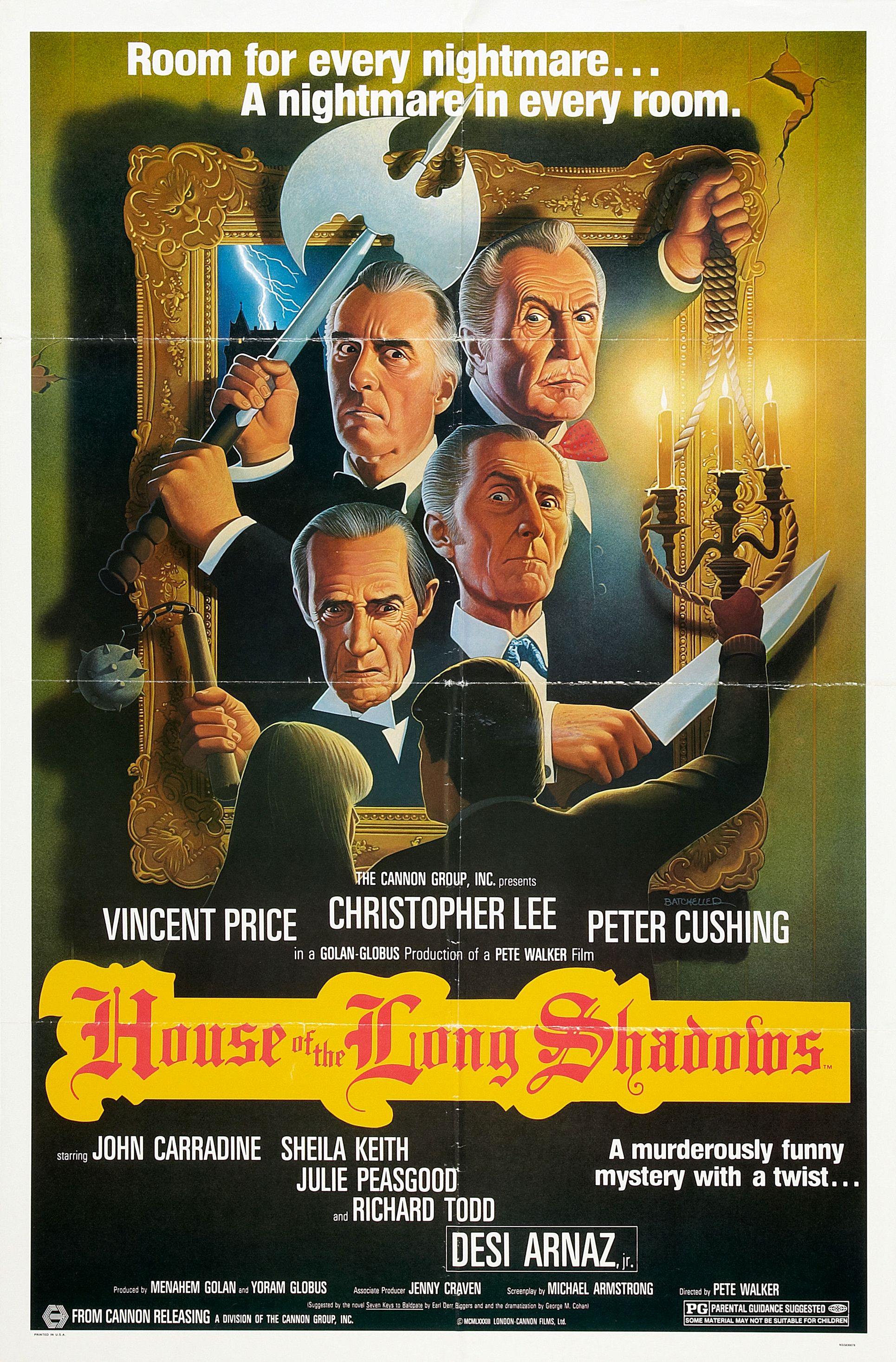
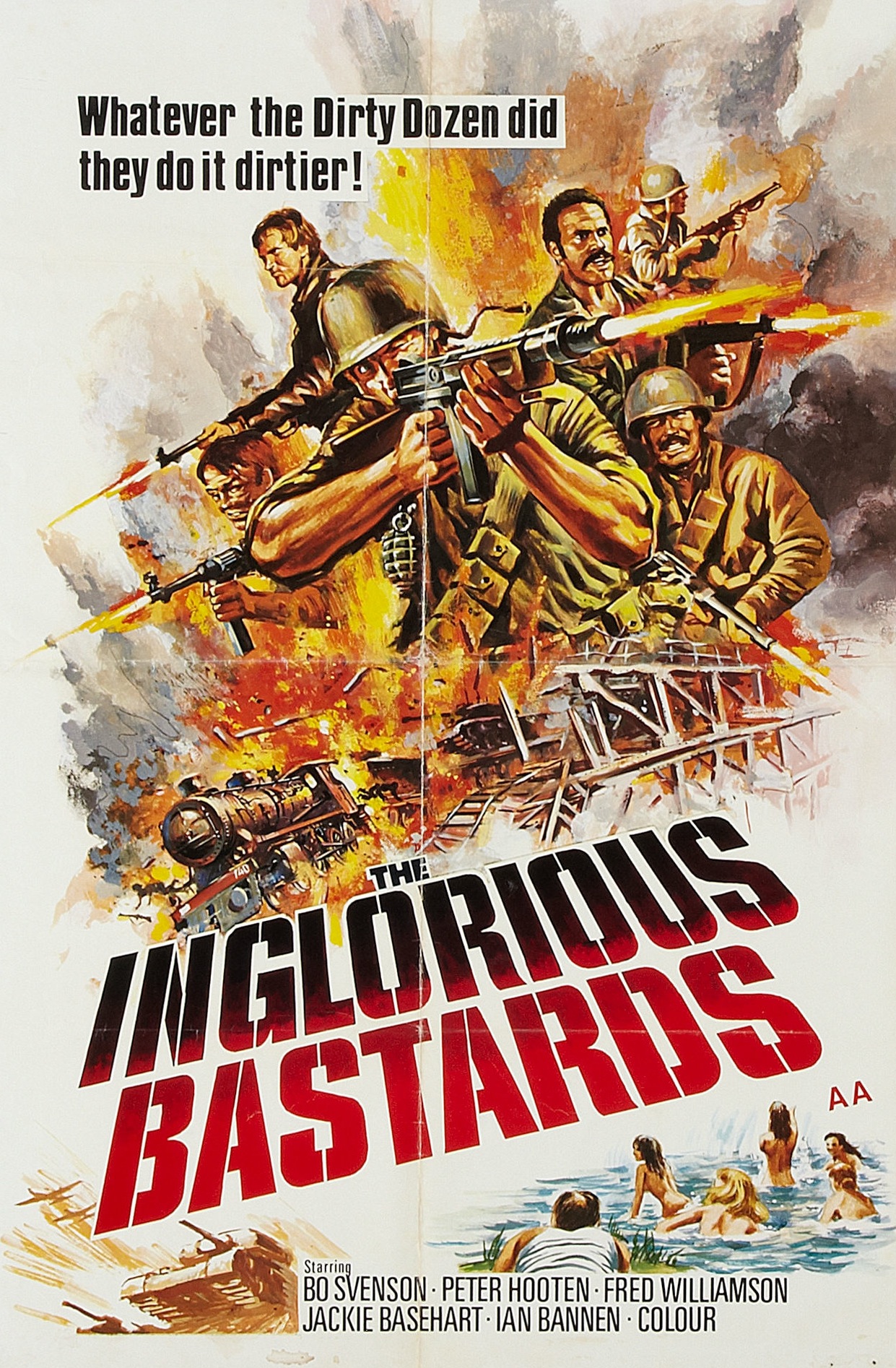
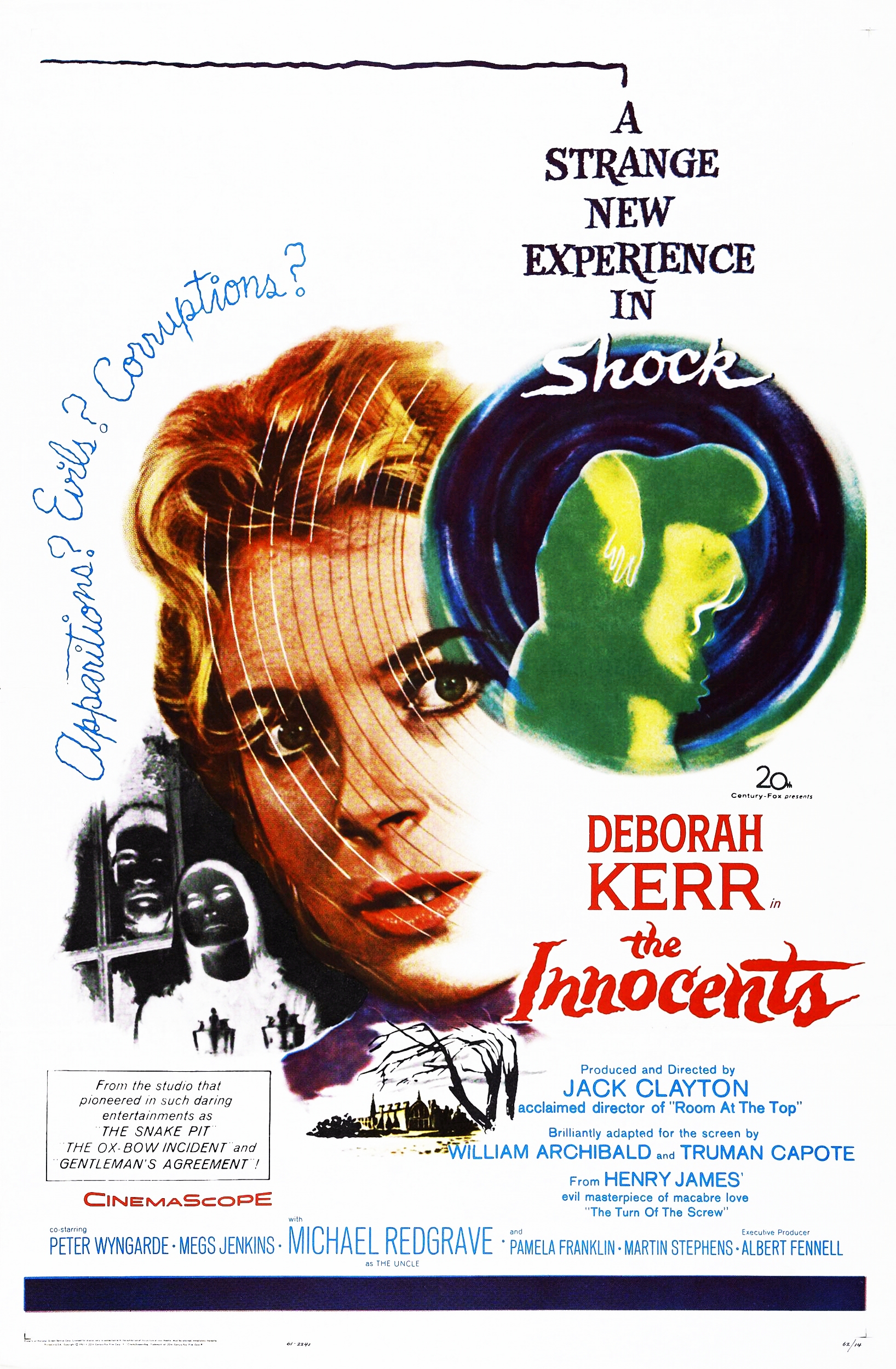
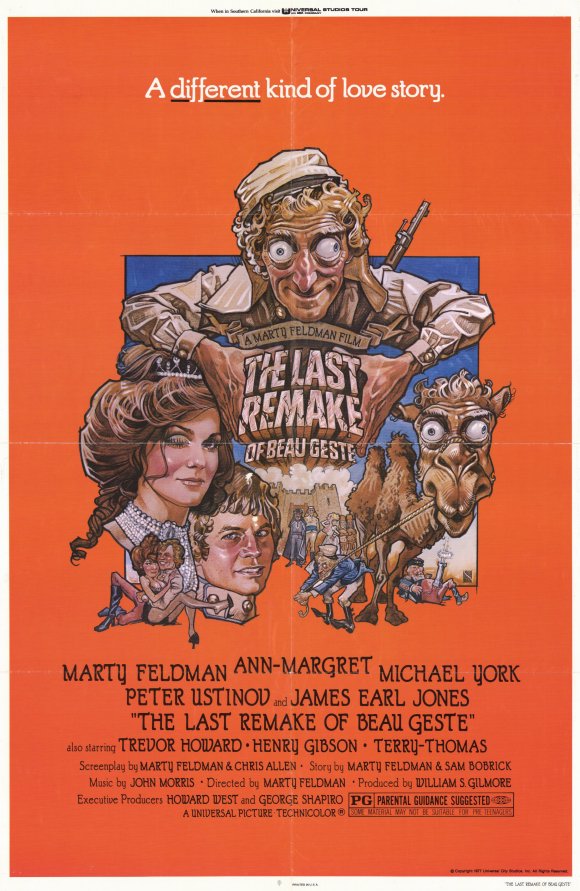
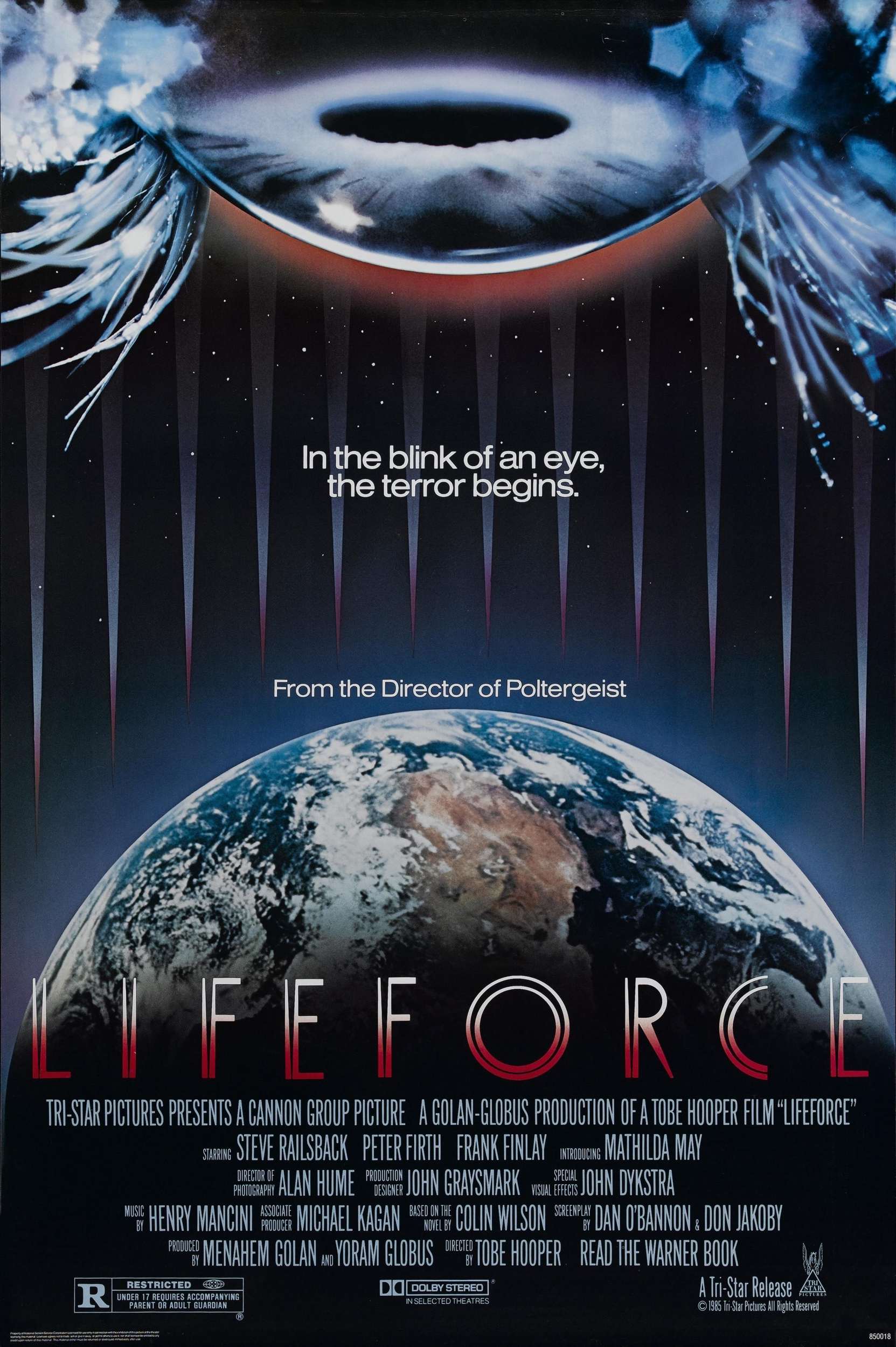
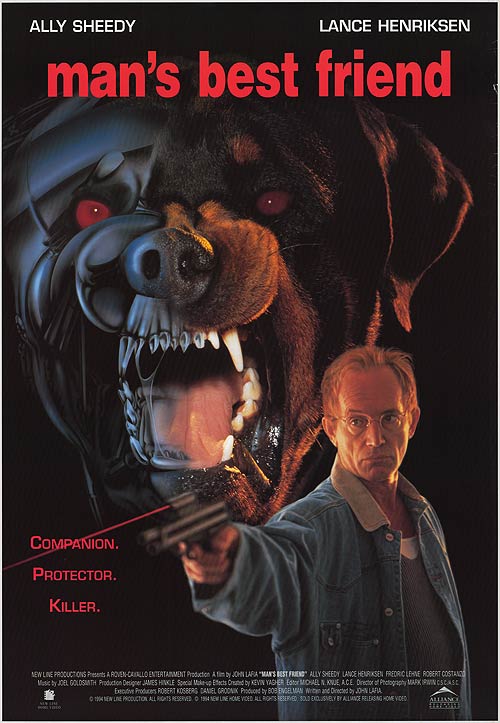
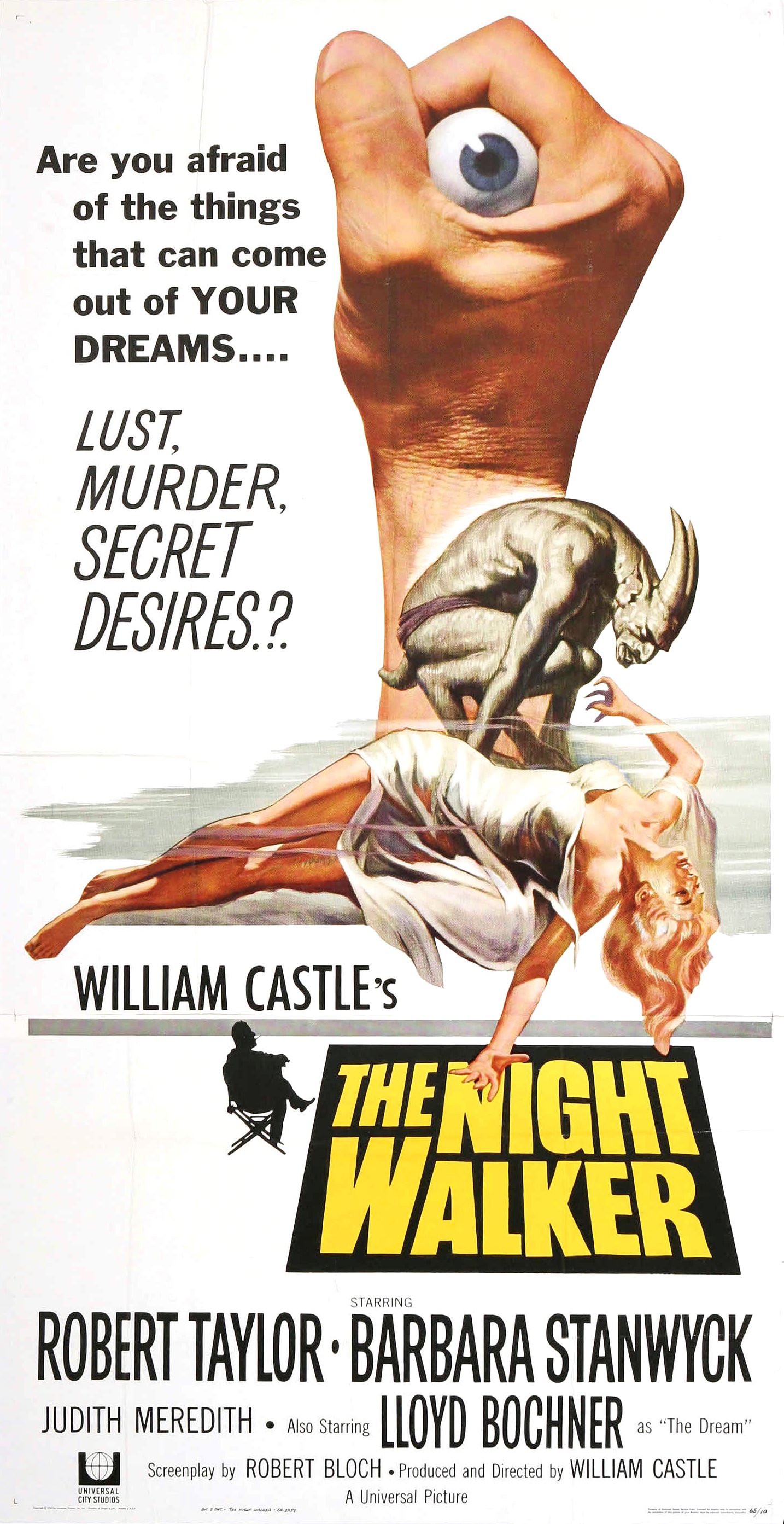
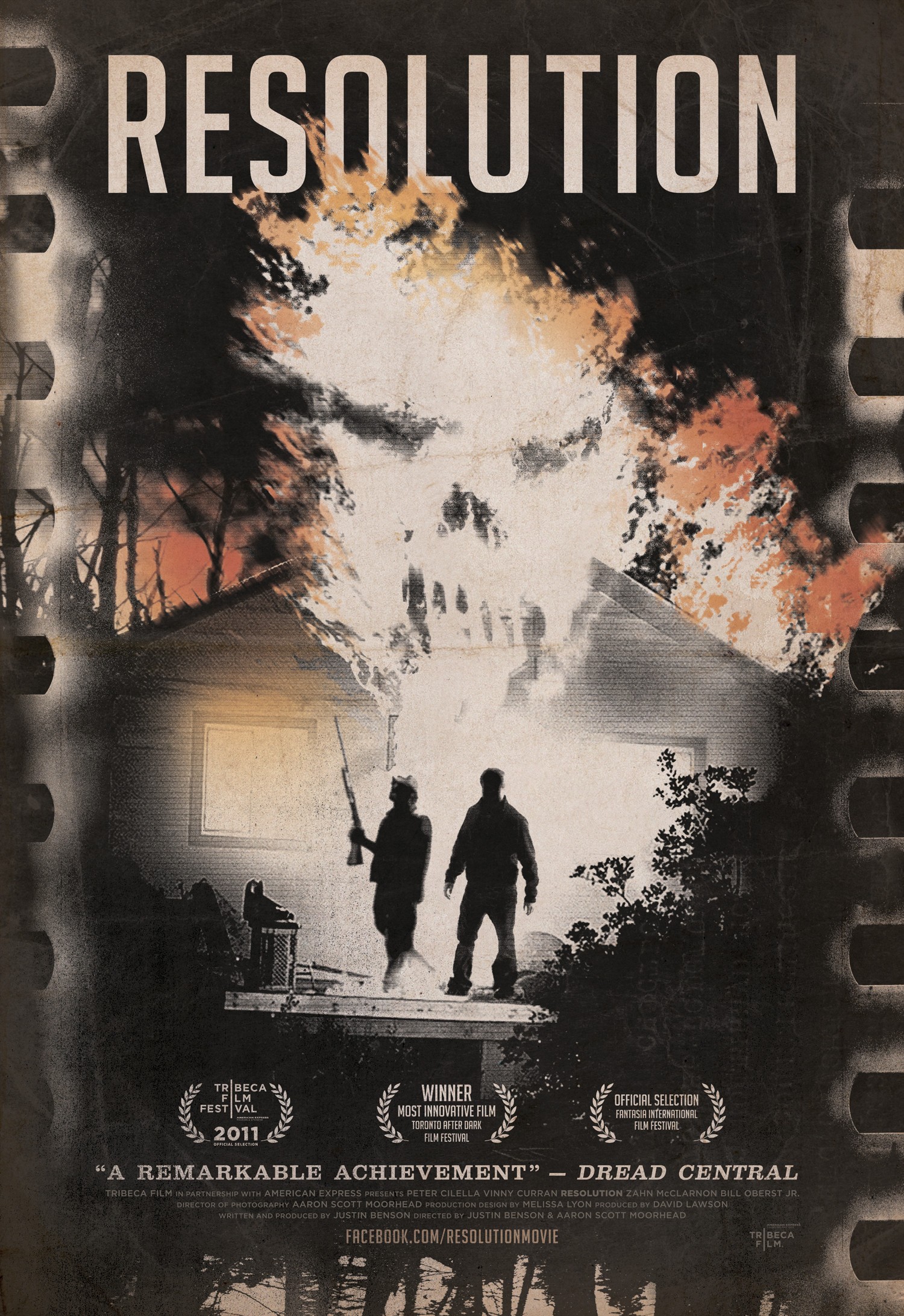
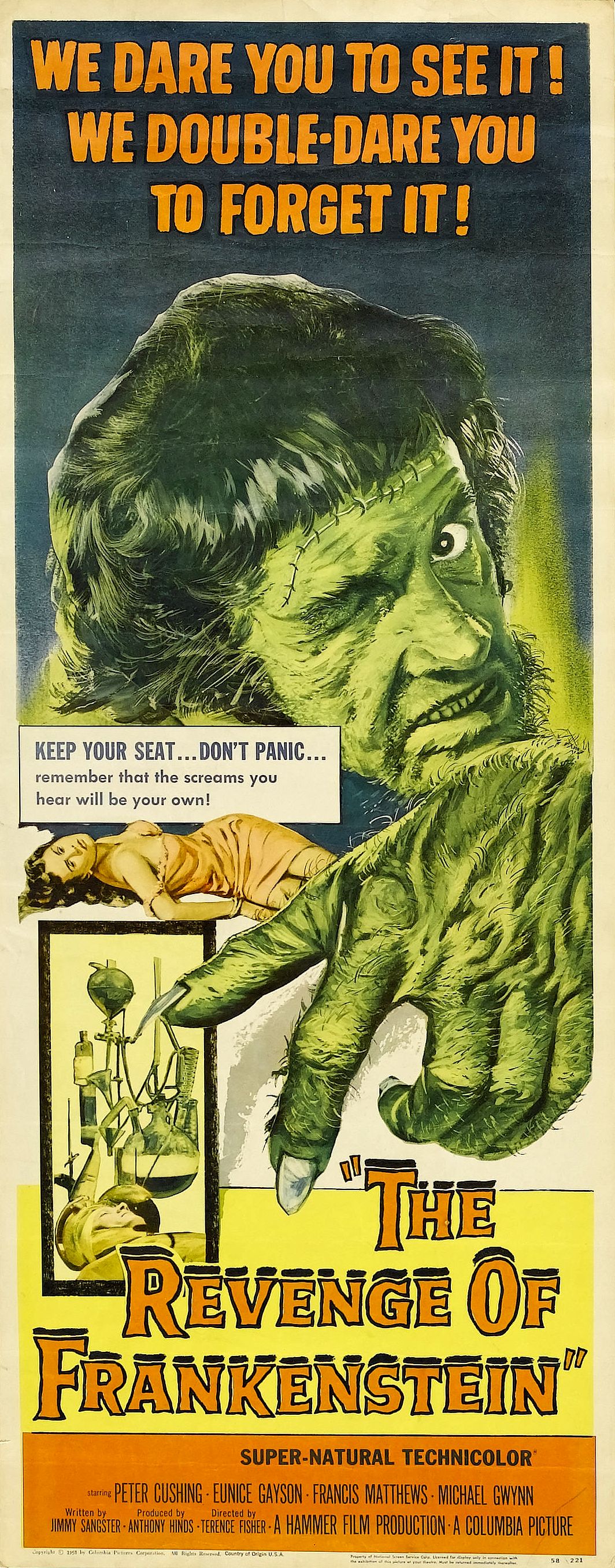
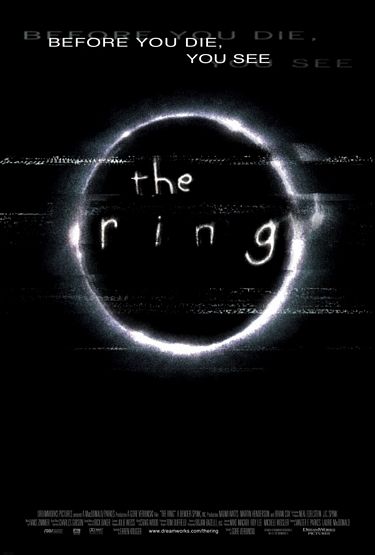
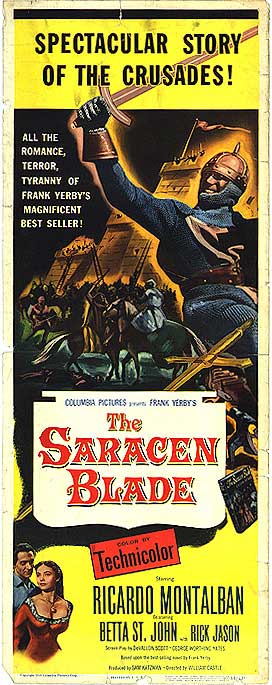
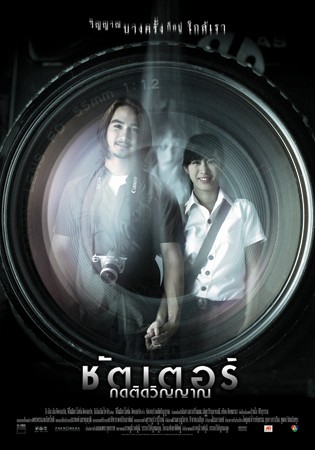
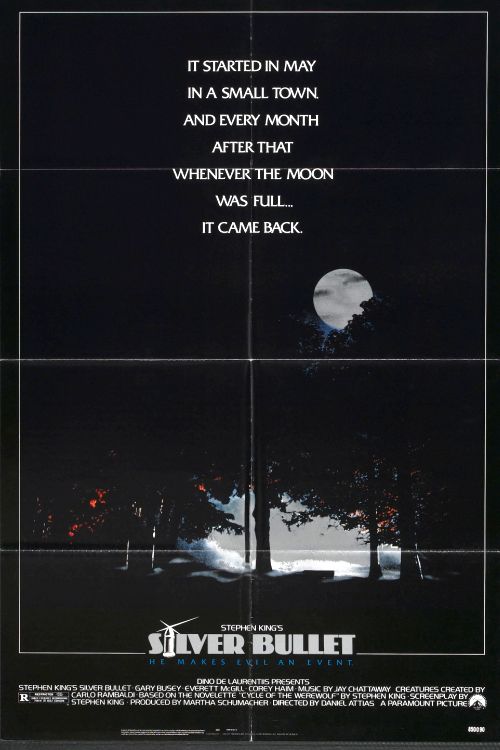
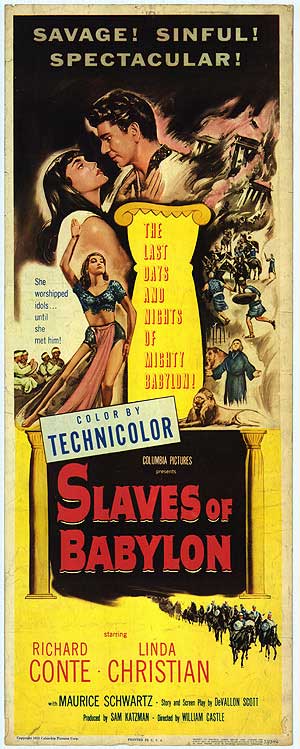

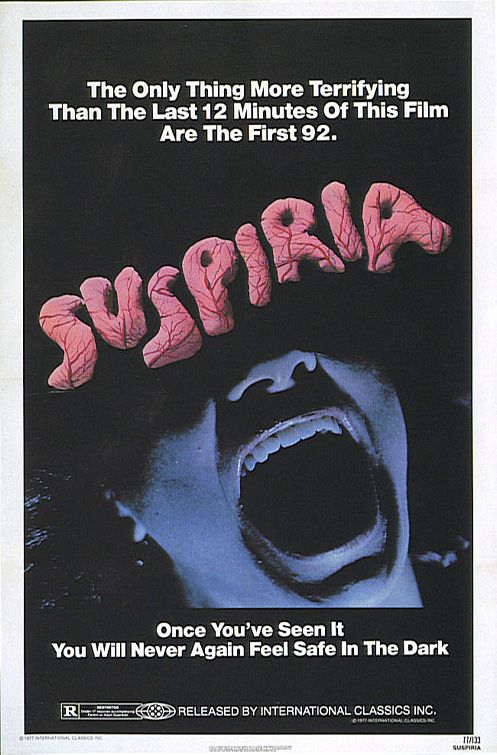
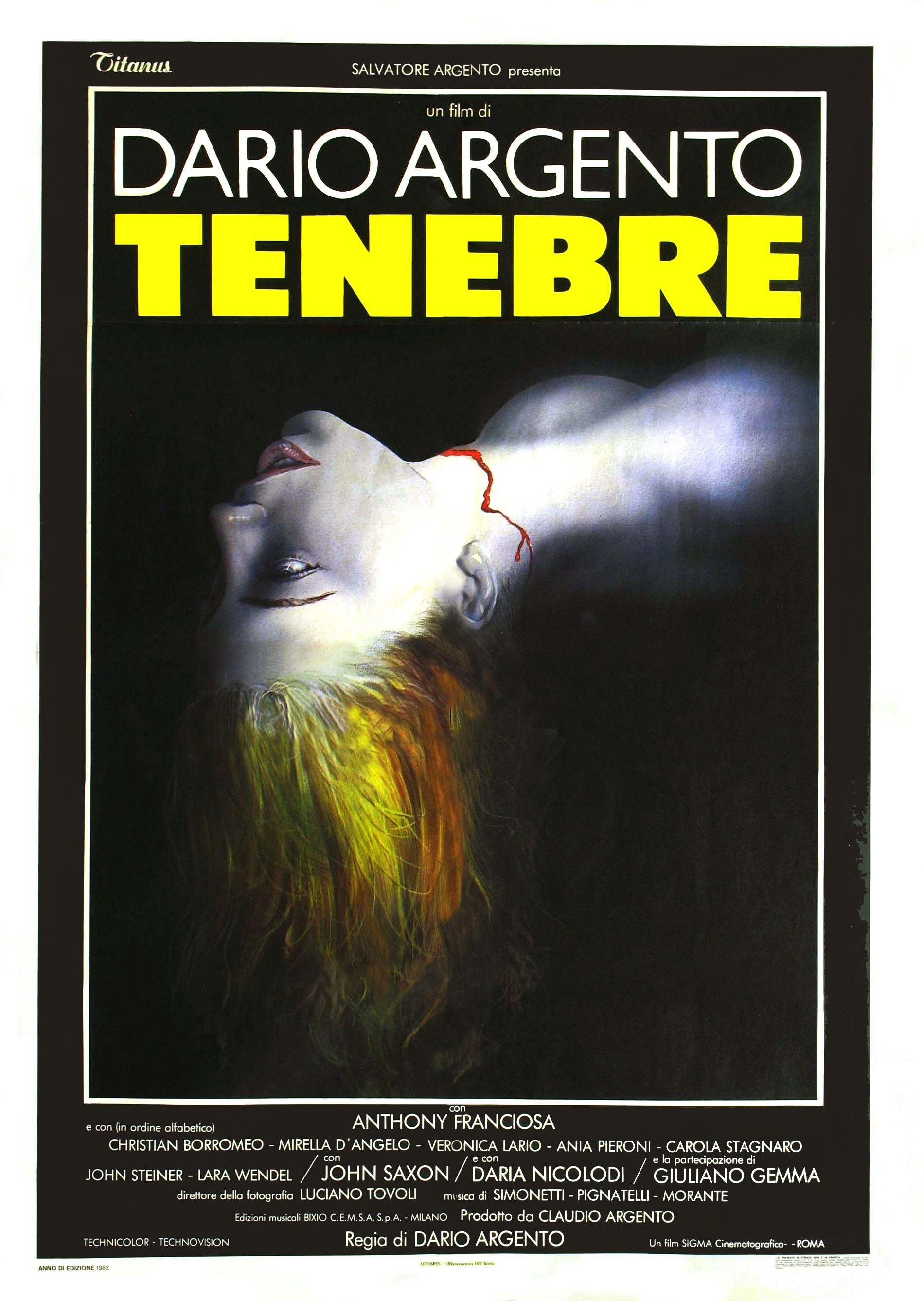
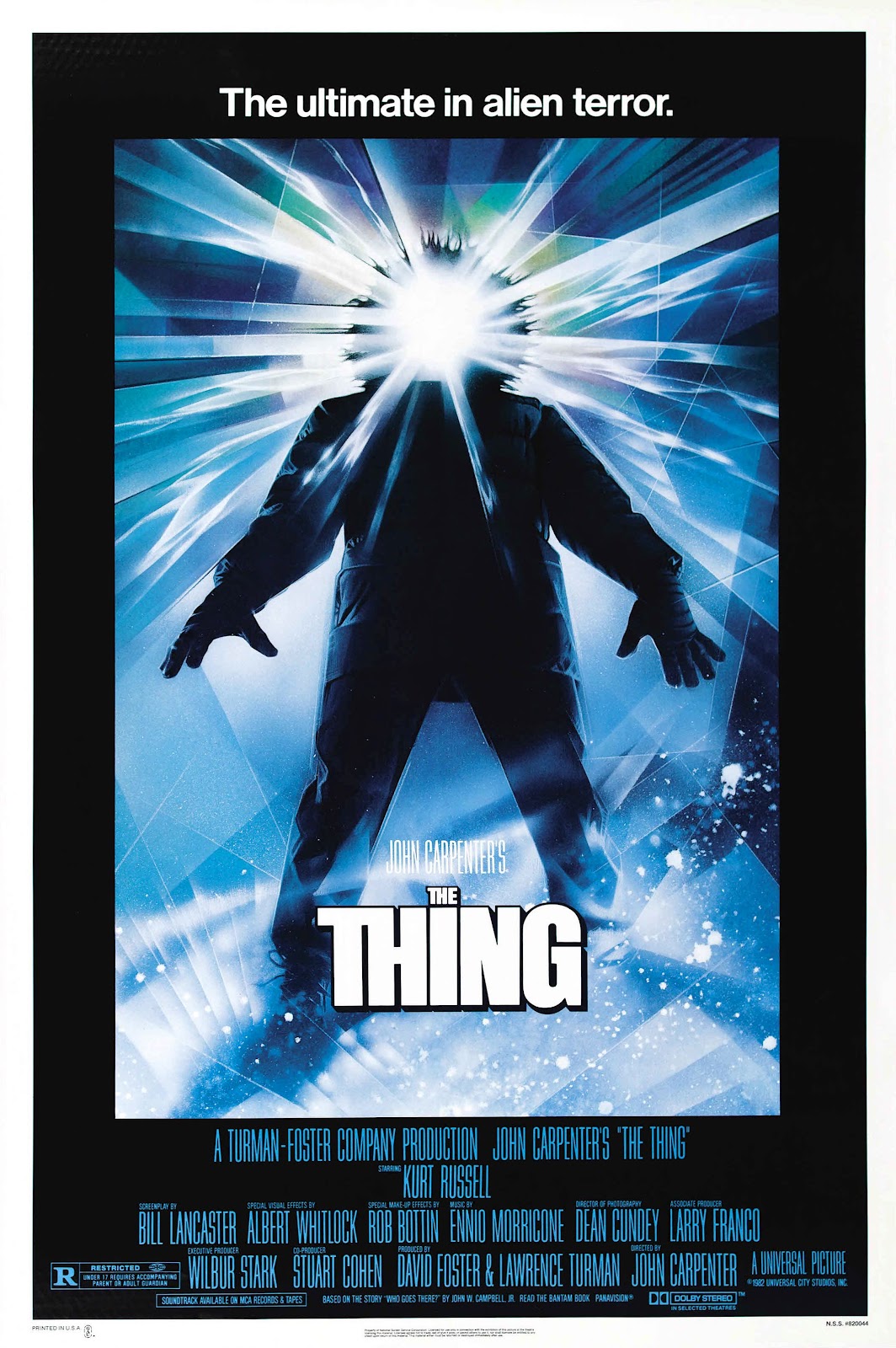
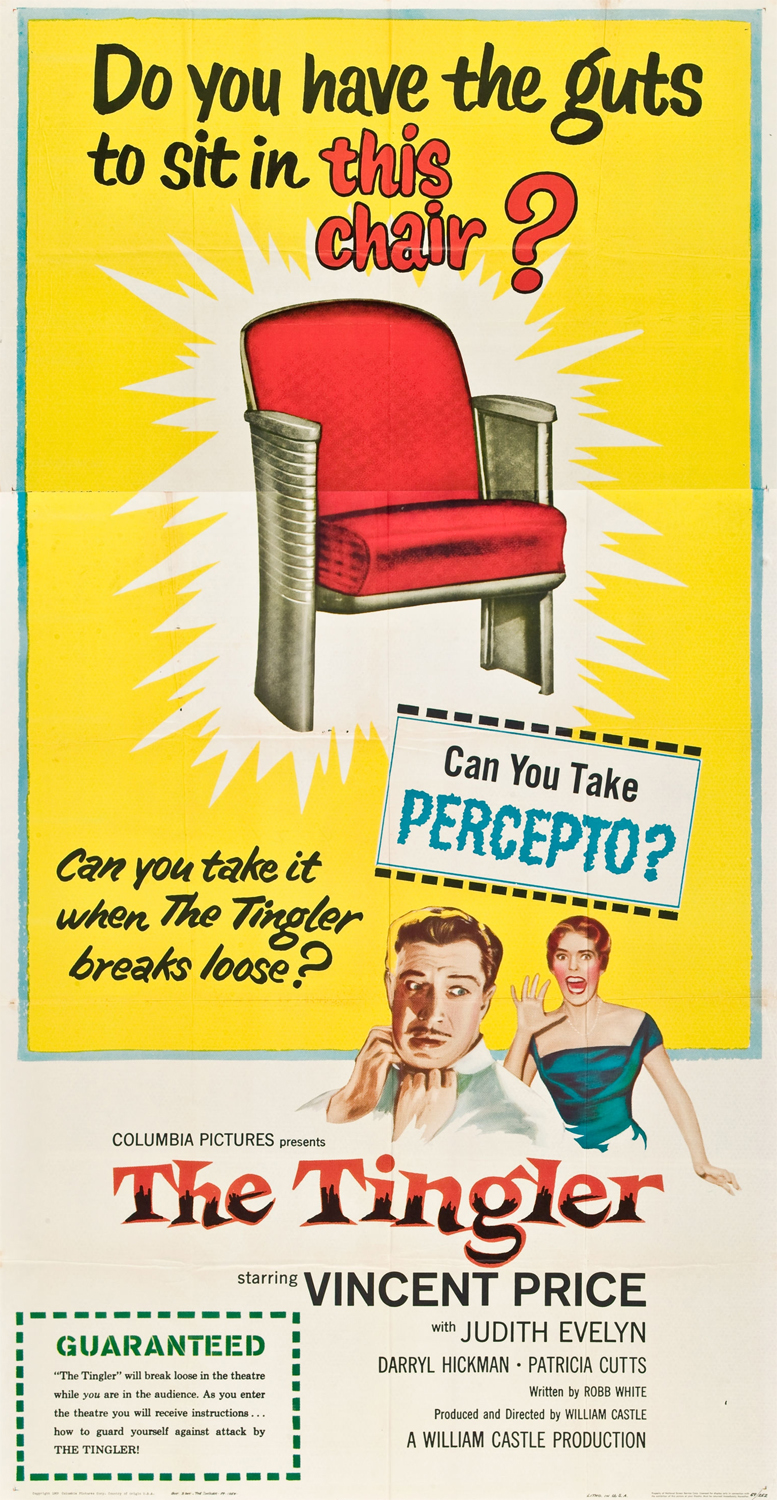
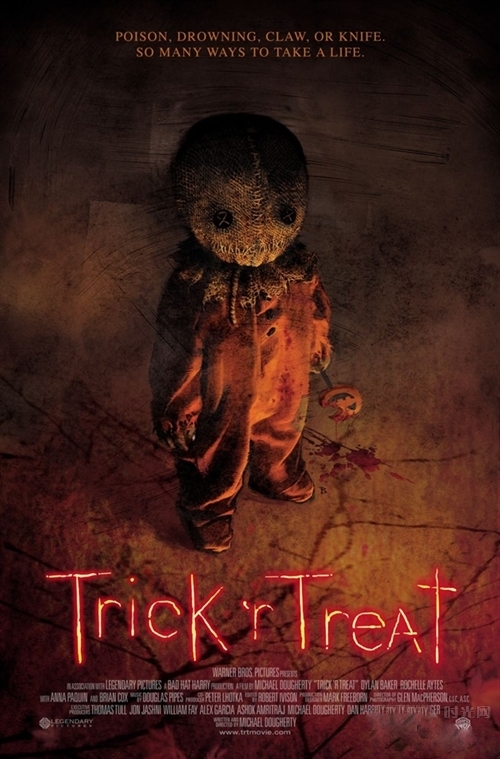

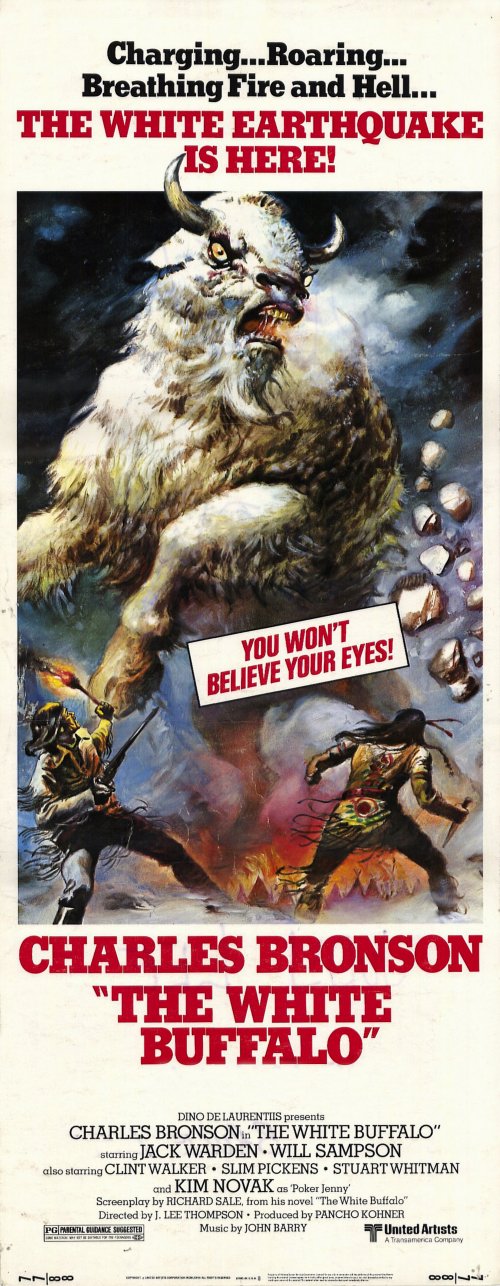
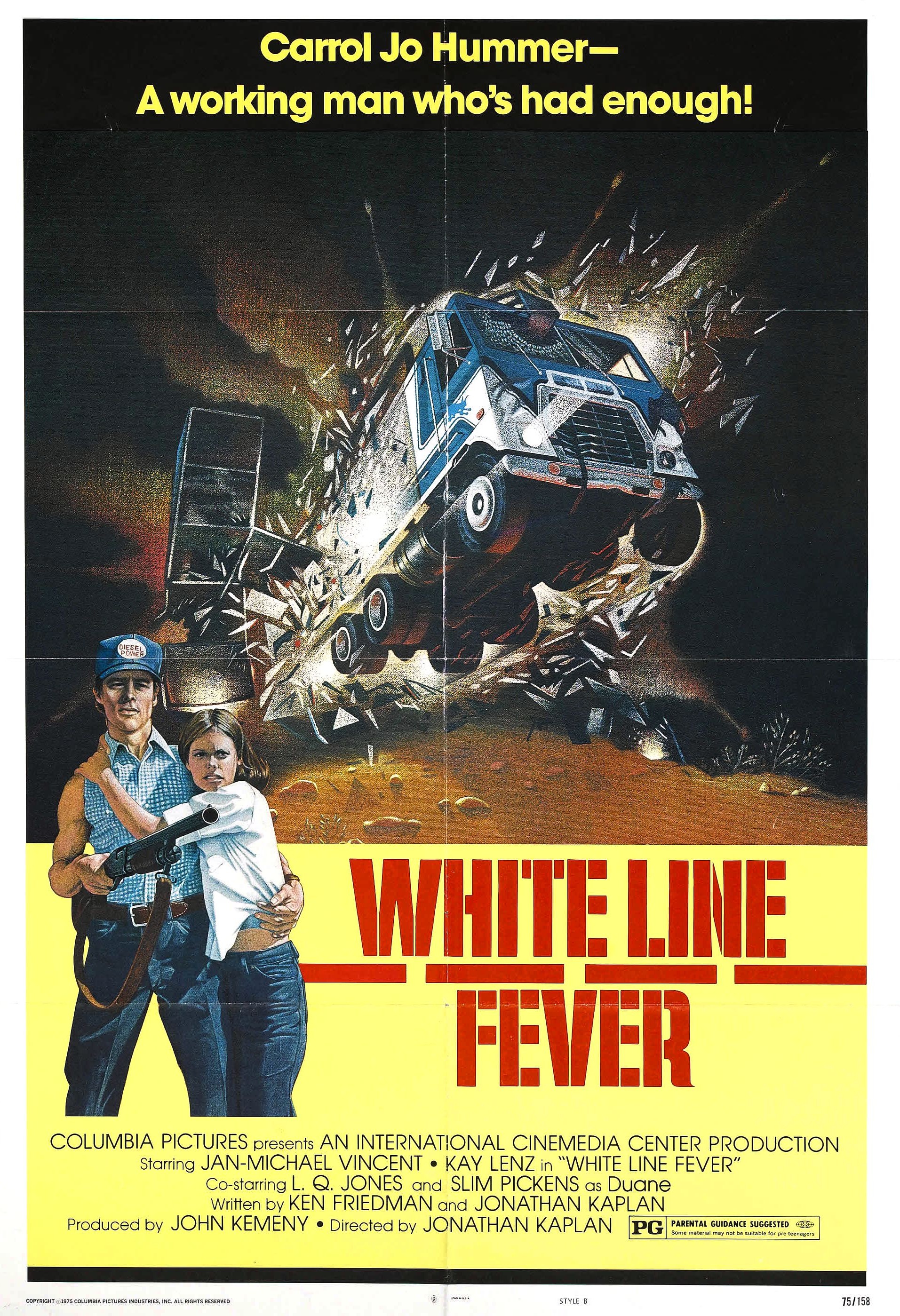
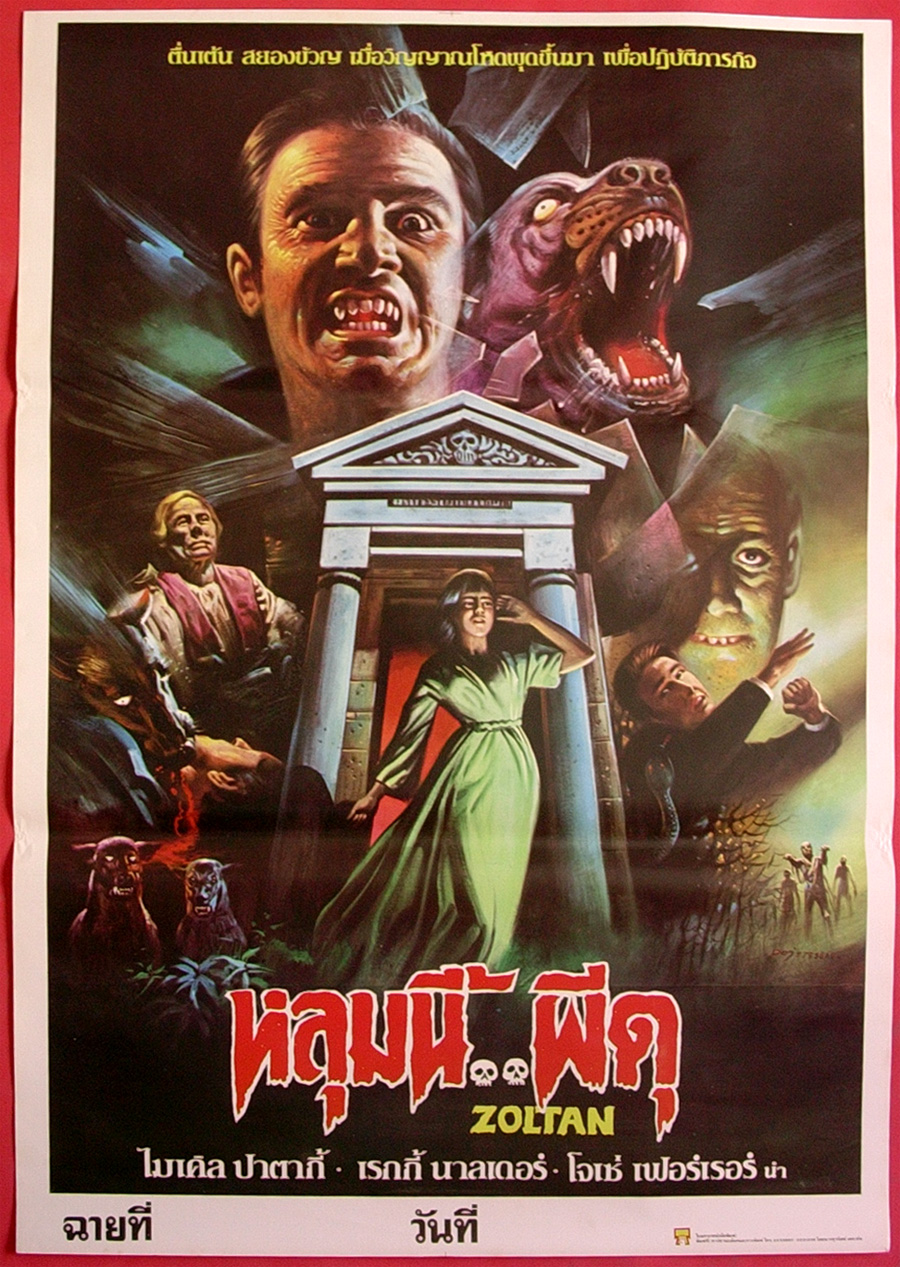
RayRay: Thanks for all the reviews. I always thought Frankenstein Must Be Destroyed was the best title of the series. I think it is to Peter Cushing’s credit that even though he was a great actor, he couldn’t hide his discomfort at the rape scene. I liked the stories in other posts about how he helped Veronica Carlson get through it. Looking forward to The Monster from Hell.
The quote is, ‘Your lapels do look ‘somewhat’ greasy..’ Just saying. Nice feature though
You are, of course, quite correct. Thanks so much! (corrected “kind of” to “somewhat”)